|
Readings: Genesis 18:20-32 Luke 11:1-13 What I love about the Genesis reading is Abraham's confidence in speaking with God. It is breath-taking arrogance, yet Abraham seems certain he can negotiate with God about the outcome and destruction of Sodom and Gomorrah. The reading asks many questions, such as, what is our relationship with God, can we change God’s mind, and how are prayers answered? After communicating with God, Abraham must have felt that as long as at least ten people were righteous, then the towns would be saved. But as we progress into Genesis 19, we see the wickedness of the townspeople, which gives us a glimpse of the bigger picture to understand why the towns needed to be destroyed. We also gain some appreciation of God’s justice. We tend to domesticate God, thinking that we can get away with anything because God will understand, but in the story of Genesis, we see a demonstration of the full wrath of God. The two towns, Sodom and Gomorrah, were located on the south part of the Dead Sea. It is thought that the Dead Sea was devastated by an earthquake between 2100 and 1900 BCE. Abraham lived around 1900 BCE, so it is possible the earthquake destroyed Sodom and Gomorrah during his lifetime. This claim is backed up by the major fault the cities sat on: the Jordan Rift Valley. But there is another thought a meteor destroyed the City of Tall el-hammam, an archaeological site in the eastern part of the lower Jordan Valley, in around 1,650 BCE. So there seems to be some historical basis for the validity of the story. Sodom and Gomorrah, called the “cities of the plain”, of which I believe there were five, are sometimes used as metaphors for homosexuality. Indeed the words “sodomite” and “sodomy” have stemmed from this context as crimes against nature. Whilst you can understand from the Genesis reading why this thinking has been prevalent, it is important to also read the words of Ezekiel 16:49-50, who widened the areas of evil to include pride and the inability to aid the poor and the needy. The Luke reading is helpful in relation to prayer. The disciples want to know the best way to pray. The Jewish people have a special covenant with God, “I will take you as My own people, and I will be your God” (Jeremiah 30:22), but what do you have to do to fulfil your part of the covenant? The disciples are asking, what is the minimum we need to do in order to gain our special place as chosen people? This is not an unreasonable request from a disciple to a teacher, from a disciple to a rabbi. So, Jesus refers to some of the Jewish prayers. If reciting the Shema was the most important prayer, then reciting the Amidah was the second, which was said three times a day. The comparison between the Amidah, which contains 19 blessings, with the Lord’s Prayer is striking. Jesus did not come up with anything new but helped us prioritise what we ask from God. He did a similar thing recently by responding to the lawyer who asks what you should do to have eternal life. Jesus cut through 613 commandments and selected Deuteronomy 6:5, “Love the Lord your God with all your heart and with all your soul and with all your strength,” and Leviticus 19:18, “love your neighbour as yourself.” So, the Lord’s Prayer or the ingredients to the Lord’s Prayer were well-known to the disciples. The pericopes that follow this reading allow us to know how we should pray rather than what we should pray. We should pray in the way that works for us, but this has to involve communication, encountering God, speaking with God, listening to God, spending time with God, and understanding God. In the two stories that follow, there is something about persistence and keep on praying. This theme is taken up in Luke 18:1-8 with the story of the Judge and the Persistent Widow. We have to keep on asking, keep on seeking, keep on knocking. We can talk honestly with God, for God knows our motive for praying. Praying also connects us and helps us align our thoughts with God’s. Instead of praying for ourselves, we pray for what God wants us to pray for a Just society. We need to have faith that God has heard our prayers. Perhaps the answer to our prayer is obvious, or maybe God says no because it does not fit God’s plan. Maybe our prayers are answered in a way that we cannot see or are granted at a time that is more in keeping with God’s time than our time. Whichever way prayer is answered, we must continually trust that God has a better plan for which we play an integral part. This sermon was originally preached at Chadwell Heath URC by Rev'd Martin Wheadon on 24th July 2022
1 Comment
What a wonderful couple of readings we have today. In the Genesis passage, Abraham and Sarah are being told again, as it is also mentioned in Genesis 17, that they are going to be parents. Sarah is 90 and Abraham is 100, so the improbability of this occurrence made them laugh. When their son is born, they name him Isaac, which means “He laughs”. There is a certain joy about God being able to do the impossible, and it is always good to hold on to the fact that where God is concerned, anything can happen, even in the most unlikely situations. The story also involves three strangers and the hospitality bestowed upon them, which was part of Middle Eastern culture. There is no sense of rushing, and roles are clearly defined. Sarah, as a woman, is the cook, so Abraham wishing to fulfil the cultural norm of hospitality tells her to bake some bread with 39 pints of flour. This is not a simple operation and will take a lot more than a few minutes, as will the cooking of the calf, which has to be chosen, killed, butchered and cooked. All of this will take some time. As we transport ourselves back three thousand years, we become emersed in the culture. This is not hospitality on the quick; this is not going into a restaurant and getting annoyed if the meal does not turn up within 10 minutes of ordering. This is a special event that will take time: time for them to enjoy each other's conversation, swap stories, and get to know one another. The hospitality in the first reading leads us into the well-known story of Martha and Mary. This pericope should be read alongside last week’s lectionary reading of the Good Samaritan. The Good Samaritan was an example of loving your neighbour, and the story of Martha and Mary is an example of loving God with all your heart, soul and strength. Let us take ourselves into the home of Martha. She has invited Jesus and is the perfect host, offering hospitality. But in busying herself, there appears to be a conflict with her sister Mary, who wishes to sit at Jesus’ feet to hear his words. We are on radical grounds here. The role of women was not to listen to teachers and rabbis but to serve and be in the background. Sarah, within the story of Genesis, is a good example, but here is Mary ignoring convention and wishing to learn. As an aside, this event is also captured in the Gospel of John, 12:1-11, but in that version, we have Lazarus reclining, Martha working, and Mary anointing Jesus’ feet. Luke chooses not to capture that scene but to focus on the tension between the roles of these two sisters. Indeed, this is a microcosm of what was happening in early Christian society. What was the role of women? Were they to be disciples? Were they to learn and then keep quiet? Was their role just to serve others? Now, in Luke, it is quite clear that both listening and doing are important. We just need to look at Luke 6:47, Luke 8:15, 21 or Luke 11:28 to understand that Luke is emphasising that you need to hear the word and then obey. To hear the word and then put it into practice. To hear the word and then build your house upon the rock. It is a story of distractions and priorities. Where is God in our list of priorities, and what gets in our way? Do we become so busy that we forget to listen to God and put God's words into action? It is a story that prompts all these questions and challenges us. Luke's gospel has an emphasis on hearing and doing, but John's gospel has an emphasis on strong women. Similarly, the Book of Acts, written by Luke, has many stories of women in the early Christian faith being essential to the development of this new religion. People like Dorcas (Acts 9:36-43), Lydia (Acts 16:14-15), and Priscilla (Acts 18:1-4, 24-26). The question concerning the role of women is heard in this story from Luke, and was debated then as it is debated today. Martha and Mary demonstrate the tensions between learning and doing, but one is not better than the other. We can ask are we Mary-type people or Martha-type people if we wish, but we must never say that one is better than the other because they are both essential. In talking to Martha, Jesus mentions her name twice. “Martha, Martha,” he says with compassion and gently shows Martha that Mary’s decision to listen is as valid as the role of the host. Whilst Mary has a key role in the story, we must never forget the importance of Martha. Her profession of faith in Luke 11:35-7 where she says, “I believe that you are the Christ, the son of God who has come into the world,” is as important as Peter's profession of faith in Mark 8. I believe the word "Martha" in Greek means she was rebellious, so never underestimate Martha's role in the early Christian church. She was vital. It was Martha that called Jesus to bring Lazarus back to life. So these verses in Luke offer us great riches to explore and understand. The underlying thing to remember is the connection with the Good Samaritan and that this story shows you listen and love God, then act upon those words. Paul emphasises faith, the apostle emphasises action and deeds. This story brings all this tension together and reminds us that you have to listen before you know what to do. This sermon was originally preached at Gants Hill URC by Rev'd Martin Wheadon on 17th July 2022.
Reading: Luke 19:28-40 To understand the Palm Sunday reading, you have to read the Parable of the Ten Minas (Luke 19:11-27), which does not appear in the lectionary and is rarely preached, if at all. Yet, Luke wants us to read it alongside the Palm Sunday story. It is interesting to note that Luke did not write in chapters and verses nor put titles in front of each of the sections or pericopes, as we call them. The entrance into Jerusalem was not as triumphant as we would like to believe. In Luke, there are no palms and, interestingly, no soldiers. In such a high-charged festival with so many people chanting “Hosanna”, it seems inconceivable that there were no soldiers, yet the only people trying to quell the disturbance were the Pharisees. Luke 19:11-27 11 While they were listening to this, he went on to tell them a parable, because he was near Jerusalem and the people thought that the kingdom of God was going to appear at once. 12 He said: “A man of noble birth went to a distant country to have himself appointed king and then to return. 13 So he called ten of his servants and gave them ten minas. ‘Put this money to work,’ he said, ‘until I come back.’ 14 “But his subjects hated him and sent a delegation after him to say, ‘We don’t want this man to be our king.’ 15 “He was made king, however, and returned home. Then he sent for the servants to whom he had given the money, in order to find out what they had gained with it. 16 “The first one came and said, ‘Sir, your mina has earned ten more.’ 17 “‘Well done, my good servant!’ his master replied. ‘Because you have been trustworthy in a very small matter, take charge of ten cities.’ 18 “The second came and said, ‘Sir, your mina has earned five more.’ 19 “His master answered, ‘You take charge of five cities.’ 20 “Then another servant came and said, ‘Sir, here is your mina; I have kept it laid away in a piece of cloth. 21 I was afraid of you, because you are a hard man. You take out what you did not put in and reap what you did not sow.’ 22 “His master replied, ‘I will judge you by your own words, you wicked servant! You knew, did you, that I am a hard man, taking out what I did not put in, and reaping what I did not sow? 23 Why then didn’t you put my money on deposit, so that when I came back, I could have collected it with interest?’ 24 “Then he said to those standing by, ‘Take his mina away from him and give it to the one who has ten minas.’ 25 “‘Sir,’ they said, ‘he already has ten!’ 26 “He replied, ‘I tell you that to everyone who has, more will be given, but as for the one who has nothing, even what they have will be taken away. 27 But those enemies of mine who did not want me to be king over them—bring them here and kill them in front of me.’” The Parable of the Ten Minas seems harsh. Ten servants were each given a mina, the equivalent of three months' wages, and asked to increase their value. The crowd expected that very soon they were going to see the kingdom of God, but Jesus told this parable to lower their expectations. The nobleman in the parable is going away, during which time there will be opportunities for those who follow him, yet others will go by the wayside. The nobleman will come back, and when he does, there will be severe judgement. So, that is the setting or our Palm Sunday story. More background to help us with today’s reading comes from the prophet Zechariah, prophesying around 520 years before Christ was born. In Zechariah 9:9, he wrote, "Rejoice greatly, Daughter Zion! Shout, Daughter Jerusalem! See, your king comes to you, righteous and victorious, lowly and riding on a donkey, on a colt, the foal of a donkey." Also, in the Apocrypha, 1 Maccabees 13:51, written around 100 years before Christ, gives an example of a celebration. The temple had been regained by Simon, and the Jews celebrate by entering Jerusalem “singing hymns of praise and thanksgiving, while carrying palm branches and playing harps, cymbals, and lyres.” If Luke wanted to convey a picture of rejoicing and celebration, he could have used these two reference points. The concept of cloaks being put on the ground comes from the second book of Kings 9:13 when Jehu receives homage from the crowd by taking cloaks off and laying them on the road. It was Jehu, a great warrior, who was set the task of killing Jezebel, but the dogs got there first. The final piece of information we need to help us understand this story is the role of the donkey. A colt is either an uncastrated donkey, horse, ass, or mule under the age of four. Donkeys have always been symbolic in the Bible, whether it be Abraham taking Isaac up a mountain, Moses from Midian to confront Pharaoh, King Solomon (1 Kings 1:32-37) riding to his coronation on a donkey, or Mary and Joseph on a donkey going to Bethlehem. There is also a donkey and the ox in our traditional Nativities, taken from Isaiah 1:2-3. Donkeys have a reputation for stubbornness but are also intelligent. I recently read that there are 40 million donkeys in the world, 96% of which are in poorer countries. Their strength is harnessed for pumping water or grinding grain. I also learnt that as well as being stubborn and intelligent, donkeys have a great sense of self-interest. This is why people trust donkeys to go down very narrow paths without tripping and why people feel safe on them. A donkey would not do anything to harm itself. Donkeys also belong in herds, in which the strongest becomes the leader and protects the others from predators, even to the extent of risking their own life. So, the donkey has this wonderful sense of self-sacrifice, which makes it a remarkably symbolic animal to use in the Bible. Luke 19:28-40 28 After Jesus had said this, he went on ahead, going up to Jerusalem. 29 As he approached Bethphage and Bethany at the hill called the Mount of Olives, he sent two of his disciples, saying to them, 30 “Go to the village ahead of you, and as you enter it, you will find a colt tied there, which no one has ever ridden. Untie it and bring it here. 31 If anyone asks you, ‘Why are you untying it?’ say, ‘The Lord needs it.’” 32 Those who were sent ahead went and found it just as he had told them. 33 As they were untying the colt, its owners asked them, “Why are you untying the colt?” 34 They replied, “The Lord needs it.” 35 They brought it to Jesus, threw their cloaks on the colt and put Jesus on it. 36 As he went along, people spread their cloaks on the road. 37 When he came near the place where the road goes down the Mount of Olives, the whole crowd of disciples began joyfully to praise God in loud voices for all the miracles they had seen: 38 “Blessed is the king who comes in the name of the Lord!” “Peace in heaven and glory in the highest!” 39 Some of the Pharisees in the crowd said to Jesus, “Teacher, rebuke your disciples!” 40 “I tell you,” he replied, “if they keep quiet, the stones will cry out.” The pericope begins with the phrase “After Jesus has said this,” and we have already looked into the importance of the nobleman’s ten servants and the warning he gave that he was going away and they should put this money to work. Some did, some did not. So, we have this lowering of expectations, telling the crowds that the Kingdom of God would not appear when Jesus rode into Jerusalem. While Jesus was at the Mount of Olives, he sent two of his disciples to find a colt. If asked, they were to say, “The Lord needs it”. This suggests an amount of preplanning. Jesus must have arranged this with friends outside of His immediate circle of disciples. It indicates the network of Jesus’ followers, who we do not see or hear in the Gospels. It also suggests that this entry into Jerusalem on a colt is symbolic and is, in a way, playing down the expectations of the crowd. Following the example of Solomon in 1 Kings, the crowds joyfully sing from Psalm 118:26, “Blessed is the king who comes in the name of the Lord! Peace in heaven and glory in the highest!” I read a commentary that suggests there were four types of people in this crowd and that we could potentially identify ourselves as one of these four groups. Are we the group that sees Jesus as a national liberator to free themselves of the oppressors, the Romans? Or are we part of the enthusiastic disciples that whip up the crowds, encouraging them to sing, yet have no idea of the implications of the events ahead? Or are we the Pharisees, who with good reason, do not like a fuss and do not like the status quo being disturbed, so are asking Jesus to calm it down? Or are we in the fourth group, which follows Jesus come what may, knowing the dangers but still continuing? Our reading finishes before Jesus enters Jerusalem, but if we read a few more verses, we note that he wept over Jerusalem. The word here for wept is likened to a baby crying, so Jesus was crying like a baby, weeping over Jerusalem. The verb used is far more intense than the famous “Jesus wept” in John 11:55. We never see Jesus’ grand entrance into Jerusalem in Luke’s account. Instead, the harshness of verse 44, “They will dash you to the ground, you and the children within your walls. They will not leave one stone on another, because you did not recognize the time of God’s coming to you,” echoes the ending of the Parable of the Ten Minas, where the enemies who did not want the nobleman ruling over them would be killed. There is a harshness to Luke’s story. There are no palms and no “Hosannas”. Whilst there is some rejoicing, Luke’s Palm Sunday is tempered and symbolic, asking us to choose who we follow. Some theologians said as Jesus entered Jerusalem with his entourage, so Pilate entered on his huge horse with noise and paraphernalia. They enter at the same time but through different gates, again giving us the choice of following the earthly king with all the trappings, or the heavenly Jesus, who willingly took this journey so that he could be sacrificed to give us a relationship with God, which will lead to eternal life and salvation. The choice is ours. This sermon was first preached at Gants Hill URC on 10th April 2022 by Rev'd Martin Wheadon
Twenty-five years after completing the Sistine Chapel ceiling, a reluctant Michelangelo returned to paint the altar wall. He began painting in 1536, by which time Michelangelo was in his early sixties. Despite his age, Michelangelo spent five years painting 390 individual figures to depict the last judgement and second coming of Christ. According to the Book of Revelation in the New Testament, Christ will appear and judge the living and dead. The “chosen” people will enter heaven to live eternally with God, and the sinners will be sent to the fires of Hell. In the centre of the fresco is Christ, whose crucifixion wounds are still visible. His face is turned towards the damned, who are destined for Hell. His mother, the Virgin Mary, stands on his right with her face turned towards the Saved. Positioned around Christ are some of His disciples, such as Peter, who holds the keys to the Kingdom of Heaven. Opposite Peter is John the Baptist, recognised by his animal skin cape. Some of the disciples are recognisable from their attributes or deaths. Saint Thomas, for instance, holds a carpenter’s square, referencing his profession. Saint Bartholomew, on the other hand, holds his old skin, alluding to being skinned alive. Some believe the face on the skin is a self-portrait of Michelangelo. Michelangelo included a group of angels on clouds. Seven are blowing trumpets, as mentioned in the Book of Revelation. Other angels hold books in which to record the names of the Saved and Damned. Rather than depicting Satan, Michelangelo turned to Classical mythology for his representation of Hell. Charon, the ferryman of Hades, transports the Damned across the river to Hell, where they are received by King Minos, a judge of the Underworld. In the bottom left corner, the resurrected dead arise from their graves and float up towards the angels and Heaven. Some of the Damned struggle against the devils who pull them towards Hell and others are paralyzed with horror. On completion, Catholics were divided over the suitability of the painting. Whilst The Last Judgement often appeared in churches, it was unusual to see it over the altar. Others took offence at the nudity of the figures and accused Michelangelo of being insensitive to proper decorum. The Vatican council quickly hired the Mannerist painter Daniele da Volterra (1509-66) to paint discrete drapery over the exposed genitalia. These additions were added after the original paint had dried, so fifteen of them were easy to remove during restoration work between 1990 and 1994. Today, the fresco is a combination of Michelangelo’s intended design and Volterra’s alterations. Part Six of Michelangelo’s Sistine Chapel, printed with permission from Hazel Stainer. To view the article in full, click here or visit www.hazelstainer.wordpress.com
In between the paintings of prophets and Sibyls are eight spandrels (triangular spaces) featuring small families. These are known collectively as the Ancestors of Christ. Whilst Michelangelo labelled each one with a name from the genealogy of Christ mentioned in the Gospels of Matthew and Luke, it is not clear which figure in each artwork is the named individual. Some suggest the ancestor is the child because the scenes are reminiscent of paintings of the Holy Family of Mary, Joseph and Jesus. The woman or mother in each spandrel is more noticeable than the man or father, which also reflects the order of importance within the Holy Family, at least within the Catholic faith. It is generally accepted that both Jesus’ parents descended from King David, whose father was Jesse, also known as Ishai. Jesse is one of the eight ancestors Michelangelo chose to depict. Jesse was a descendant of Shem, one of the three sons of Noah. Another ancestor is Asa, the third King of Judah and the fifth king of the House of David, who ruled between 913 and 873 BC. Michelangelo also portrayed Asa’s father, Rehoboam, the grandson of King David. Rehoboam became king after the death of his father, King Solomon. He ruled between 932 and 915 BC, during which the kingdom was divided into northern and southern tribes. Josiah became King of Judah in 640 BC at the age of eight following the assassination of his father, Amon. Josiah was killed in 609 BC during a battle against the Egyptians. According to 2 Chronicles 35:25, the prophet Jeremiah lamented for Josiah, although there is no mention of the king in the Book of Lamentations. There are other connections between Jesus’ ancestors and the prophets, such as Ezechias, also known as Hezekiah, who often consulted the prophet Isaiah for advice. During Ezechias’ reign as King of Judah between 752 and 687 BC, he witnessed the destruction of the northern Kingdom of Israel by the Assyrians (722 BC) and the siege of Jerusalem by Sennacherib, the king of the Neo-Assyrians (701 BC). Jeremiah stated that no offspring of “Coniah” would sit on the throne of Judah. Scholars assume the prophet meant King Jeconiah, who was taken into captivity in Babylon. His grandson, Zerubbabel was one of the first Jews who returned from this exile and began rebuilding the Temple in Jerusalem. Michelangelo may have chosen to depict Zerubbabel because the Sistine Chapel bore a resemblance to the Temple in size and dimensions. The other two ancestors Michelangelo chose were Uzziah and Salmon. Uzziah was the tenth king of Judah who often sought the advice of the prophet Zechariah. Salmon, on the other hand, was the great-great-grandfather of David. He was the father of Boaz and potentially the husband of Rahab, who famously assisted the Israelites in capturing the city of Jericho. Part Five of Michelangelo’s Sistine Chapel, printed with permission from Hazel Stainer. To view the article in full, click here or visit www.hazelstainer.wordpress.com
In each corner of the Sistine Chapel ceiling is a triangular pendentive depicting Biblical stories associated with the salvation of Israel. These are four examples of the more violent ways the People of Israel were saved from their enemies and sinful ways. One illustrated the story of The Brazen Serpent as told in Numbers 21:4–9. Moses had rescued the Israelites from Egypt, but it was a long journey to the Promised Land. They began to complain and turn against God, saying, “Why have you brought us up out of Egypt to die in the wilderness? There is no bread! There is no water! And we detest this miserable food!” As punishment, God sent venomous snakes to attack and kill many of the Israelites. Michelangelo depicted the Israelites’ frantic battle with the serpents. In the background, he included an image of a bronze serpent on a pole. To save the Israelites’, God instructed Moses, “Make a snake and put it up on a pole; anyone who is bitten can look at it and live.” This spectacle, whilst violent, taught the Israelites to trust and obey Moses and the Lord. Another pendentive illustrates three scenes from the Book of Esther. Rather than telling the story chronologically from left to right, Michelangelo placed the final scene in the middle of the triangle. Esther was the wife of a Persian king who did not know that she came from a Jewish background. The king’s chief vizier, Haman the Agagite, hated the Jews and proposed a massacre to rid Persia of all people of Jewish descent. Haman particularly hated Esther’s cousin, Mordecai, who refused to bow down to the vizier. As a result, Haman persuaded the king to have Mordecai hanged. This part of the narrative is illustrated on the righthand side of the painting. Mordecai begged Esther to intervene by talking to the king, which she is seen doing on the lefthand side. Realising Haman’s plan would also result in Esther’s death, the king hanged Haman instead, as shown in the centre of the pendentive. Thus, the people of Israel were saved from death. Michelangelo’s painting of David and Goliath only illustrates one scene: Goliath’s death. David, an unlikely hero, defeated the giant warrior of the Philistine army with a slingshot, which ended the war between the Israelites and the Philistines. According to the Book of Samuel, chapter 17, after David knocked Goliath out, he “took hold of the Philistine’s sword and drew it from the sheath. After he killed him, he cut off his head with the sword.” Michelangelo’s interpretation is slightly different, with Goliath trying to scramble to his feet while David methodically carries out his task in the name of the Lord. David appears much stronger than the little shepherd boy written about in the Bible and more like the powerful king he later became. The fourth story comes from the apocryphal Book of Judith, which is not included in most Bibles. Judith was a Jewish woman living in Bethulia around 600 BC. At the time, the city was under attack by King Nebuchadnezzar’s army, led by the Assyrian general, Holofernes. To protect her city and the Israelites who lived there, Judith tricked her way into the enemy encampment where she seduced and intoxicated Holofernes. While he lay in a drunken stupor, Judith cut off his head. Michelangelo’s painting shows Judith and her maid carrying the severed head out of the tent where the headless body of Holofernes remains sprawled on the bed. Having lost their leader, the army dispersed, and the Israelites were saved. Part Four of Michelangelo’s Sistine Chapel, printed with permission from Hazel Stainer. To view the article in full, click here or visit www.hazelstainer.wordpress.com
Michelangelo included five Sibyls from classical mythology to emphasise the Messiah came for both Jews and Gentiles (non-Jews). The Persian Sibyl, also known as the Babylonian, Hebrew or Egyptian Sibyl, may have authored the Sibylline Oracle, although some scholars believe the Persian Sibil was more than one person. Michelangelo alluded to this theory by portraying the Sibyl with a book in her hands. The Sibylline Oracles contained information about pagan mythology and Old Testament events, including the Garden of Eden, Noah, and the Tower of Babel. Fragments surviving from the 7th century AD also contain details about the Roman Empire and early Christian writings. The Erythraean Sibyl came from modern-day Turkey, where she prophesied the coming of the Messiah through an acrostic, which read “Jesus Christ, God’s Son, Savior, Cross” in Greek. The Sibyl forecast other events in the life of Jesus, and St. Augustine (354-430), the bishop of Hippo, referenced her prophecies in his book The City of God. Michelangelo acknowledged the Sibyl’s wisdom by portraying her reading a book. He also depicted divine enlightenment by including a small figure lighting an oil lamp above her head. The Delphic Sibyl looks up from her scroll with a slightly worried look upon her face, as though she has just envisioned an unpleasant future event. The Delphic Sibyl predated the Trojan War (11th century BC) and made several prophecies about events written about in classical mythology. She also foresaw that the Messiah would be mocked with a crown of thorns. Michelangelo depicted the Cumaean Sibyl as an elderly lady. She presided over a Greek colony located near Naples, Italy. According to the poet Ovid, she lived for at least 1000 years. Ovid claimed the god Apollo offered her longevity in exchange for her virginity. She agreed, and taking a handful of sand, asked to live for as many years as the grains she held. Unfortunately, eternal youth did not come as part of the bargain. During her long life, the Cumaean Sibyl foretold the coming of a Messiah. The Libyan Sibyl may not have mentioned Christ directly when presiding over the Siwa Oasis in the Libyan Desert, but the Church has interpreted many of her prophesies as connected to the Messiah. For instance, she foretold the “coming of the day when that which is hidden shall be revealed.” The ancient Greeks claimed the Libyan Sibyl, sometimes known as Phemonoe, was the daughter of the Greek god Zeus, and Lamia, a daughter of Poseidon, god of the sea. According to Plutarch (46-119 AD), she also told Alexander the Great (356-323 BC) that he was a divine individual and the legitimate Pharaoh of Egypt. Part Three of Michelangelo’s Sistine Chapel, printed with permission from Hazel Stainer. To view the article in full, click here or visit www.hazelstainer.wordpress.com
As well as the nine scenes from Genesis, the Sistine Chapel ceiling contains pendentives (triangular sections) featuring figures from the Bible and mythology. Twelve of these are categorised as prophetic figures, twelve people who prophesied the coming of a Messiah. Seven are male prophets from the Bible, and the remaining five are female prophetesses or Sibyls from classical mythology. Above the altar sits Jonah, a reluctant prophet famously swallowed by a large fish. Some Bible scholars believe the Book of Jonah is fictional, but whether it is a story or not, Jonah is considered a foreshadowing of Christ. Between the crucifixion of Jesus and his resurrection, He spent three days in the tomb. This is the same length of time that Jonah spent in the belly of the fish. Michelangelo includes the image of a large fish beside the sitting figure of Jonah, although it does not look large enough to swallow a man whole. The prophet Jeremiah sits on the left side of the altar with his head bowed in anguished meditation. Known as the “weeping prophet”, Jeremiah was called by God to proclaim Jerusalem’s coming destruction. According to Jewish tradition, Jeremiah wrote the Book of Jeremiah, the Books of Kings and the Book of Lamentations. The latter is a collection of his laments for the destruction of Jerusalem in 586 BC. Michelangelo captures Jeremiah’s emotional pain and reflects the same emotions in the two figures standing behind the prophet. It is suggested that Jeremiah is a self-portrait of Michelangelo lamenting his fate as a painter when he would rather earn a reputation as a sculptor. Michelangelo depicts the prophet Ezekiel as an elderly man. Like Jeremiah, Ezekiel prophesied the destruction of Jerusalem, but he also spoke of the restoration of the land of Israel. The figure of Ezekiel twists in his seat to look at a smaller figure, who is pointing upwards, either towards God or at the painting of the fall of man. Art historians suggest Ezekiel’s open hand demonstrates his amazement and readiness to receive a message from God. Joel is also represented as an elderly man. The prophet is only mentioned once by name in the Hebrew Bible, in the introduction to the Book of Joel. No one knows for sure when Joel lived and what events he witnessed. In his writings, Joel told people to repent of their sins and promised their safety on “the great and dreadful day of the Lord.” Michelangelo painted Joel with his brow furrowed as he concentrates on his words of wisdom. Some believe Michelangelo based the prophet’s face on the Italian architect Donato Bramante (1445-1514), who helped Michelangelo design the Basilica of Saint Peter in the Vatican. Sitting above the entrance to the chapel is the prophet Zechariah, who proclaimed, “Behold, your King is coming to you … Lowly and riding on a donkey…”(Zechariah 9:9). This prophesied the entry of Jesus into the city of Jerusalem, which is celebrated annually on Palm Sunday. His position over the door is symbolic of the entrance the Pope enters in the Palm Sunday procession. Traditionally, Zechariah is portrayed as a young man, but Michelangelo chose to depict him in his old age. This helps to emphasise Zechariah’s profound prophetic abilities. Isaiah is portrayed as a younger figure who has just been disturbed from his reading by two small figures. Each painting of the prophets features two figures that may represent the conveyors of God’s message. Isaiah foretold the death of the coming Messiah. Many of his prophecies are repeated in the New Testament, particularly concerning the death and resurrection of the “Suffering Servant”. “But he was pierced for our transgressions, he was crushed for our iniquities; the punishment that brought us peace was on him, and by his wounds we are healed.” (Isaiah 53:5) Even younger in appearance is Daniel, who spent many years working as a scribe for King Nebuchadnezzar (642-562 BC). The open book on Daniel’s lap may reference his career or allude to his ability to interpret dreams. Michelangelo used scrolls and books to highlight the prophets’ intellect, but Daniel is the only one who appears to be writing, as though recording his interpretations and prophecies for future generations. Unlike Jonah, whose famous encounter with a giant fish is documented in the painting, there is no reference to Daniel’s experience in the lion’s den, where he was thrown after disobeying the rule that forbade prayer. Part Two of Michelangelo’s Sistine Chapel, printed with permission from Hazel Stainer. To view the article in full, click here or visit www.hazelstainer.wordpress.com
The Sistine Chapel in the Vatican City is one of the most visited chapels in the world due to its impressive fresco paintings by the Renaissance painter Michelangelo Buonarroti (1474-1564). In 1505 Pope Julius II (1443-1513) asked Michelangelo to paint the ceiling, which at 68ft high was a daunting task. Initially, Michelangelo refused. He wanted to be known as a sculptor rather than a painter but eventually agreed to the job in 1508. For four years, Michelangelo stood on high platforms, painting the ceiling above his head with Biblical scenes and characters. After completion, Michelangelo happily returned to his sculptures, only returning to the chapel to paint a fresco above the altar in 1536. For a limited time, people in London can see a life-sized, close-up of Michelangelo’s paintings. Those who have visited the Sistine Chapel will know that it is impossible to study the ceiling in detail because of the height of the building. This unique exhibition brings copies of the paintings down to ground level, where visitors can appreciate them for their unique features and grandeur. Located at the Cannon Factory near Tottenham Hale, London, the COVID-safe experience provides a never-before-seen perspective of Michelangelo’s timeless masterpieces. The central section of the ceiling is made up of nine paintings depicting scenes from the Book of Genesis. Whilst they are not in chronological order, the paintings are grouped into three themes: Creation, Downfall, and Fate of Humanity. The exhibition positioned the paintings in the order they appear when entering the chapel, meaning the Book of Genesis appears to read backwards. Some historians suggest Michelangelo chose to paint them in this order to symbolise a return to a state of grace as people approach the altar. The first three ceiling panels closest to the entrance of the chapel (and exhibition) tell the story of Noah, from the sixth to ninth chapters of Genesis. Noah was the 10th and final patriarch of the Bible before the Great Flood. God wanted to return the Earth to “its pre-creation state of watery chaos and then remake it in a reversal of creation.” All except Noah and his family were corrupt and violent, so God instructed Noah to build an Ark to save themselves and two of every animal from the oncoming deluge. The scene nearest the door depicts Noah after the flood. According to Genesis 9, Noah grew drunk on the wine produced from the newly cultivated vines. As a result, he passed out and exposed his nakedness. Two of his sons, Shem and Japheth, discreetly covered their father with a cloak to protect his modesty. Ham, the third son, mocked his father instead. When Noah found out about this, he cursed Ham, saying that Ham’s descendants would serve Shem and Japheth’s descendants forever. Some Christian theologians interpret Ham’s mockery of Noah as a projection of the mockery of Jesus in the New Testament. The second panel concerning Noah depicts the Great Flood, which is the largest punishment God inflicted on man. After instructing Noah to build an Ark, God sent 40 days of rain to flood the earth, destroying all life in the process. Michelangelo’s painting illustrates the onset of the flood. Noah’s ark is floating away in the background, where a single white dove sits in one of the hatches. Noah later sent out the dove to search for land, and it returned holding an olive branch. Since then, the dove has symbolised peace and hope. While Noah and his family sail away, the people in the foreground frantically search in vain for shelter as the flood levels rise. The third scene comes chronologically after the flood but before the drunkenness of Noah. When Noah and his family eventually found land, the first thing Noah did was build an altar and sacrifice some of the animals to the Lord. Seeing this, God said, “Never again will I curse the ground because of humans, even though every inclination of the human heart is evil from childhood. And never again will I destroy all living creatures, as I have done.” Christian Theologians suggest all three panels forecast events of the New Testament – the mockery of Christ (Noah’s drunkenness), baptism (Great Flood), and Christ’s death on the cross (Noah’s sacrifice). The second group of paintings tell the story of Adam and Eve, from their creation until their expulsion from the Garden of Eden. When approaching the middle of the chapel from the entrance, the first panel is the last chronologically and combines two scenes: the fall of man and the expulsion from paradise. On the left-hand side, Eve reaches up to take the fruit of knowledge from the serpent. When God created the first man and woman, He told them they could eat the fruit of any trees, except the tree of knowledge of good and evil. By accepting the fruit from the serpent, depicted as Lilith, Eve is going against God’s will. According to Genesis 3, Eve gave some of the fruit to Adam, but in Michelangelo’s depiction, Adam reached out to take the fruit from the tree. Most Western Christian artists use an apple tree to symbolise the forbidden fruit, but Michelangelo chose a fig tree instead. On the right-hand side, the archangel Michael expels Adam and Eve from Eden. His sword represents the flaming sword that prevented the couple from returning to the garden. Michael is not mentioned in the account in Genesis, but Michelangelo included the angel to emphasise the man and woman were banished from the presence of God. Adam and Eve were forced to fend for themselves and eventually die in the wilderness. In the centre of the chapel ceiling is a panel depicting the creation of Eve. Due to its position, the composition is smaller than the rest of the scenes from Genesis. Using inspiration from paintings by other Italian artists, Michelangelo portrayed Adam in a deep sleep, whilst Eve stands up and reaches towards her God and creator, who Michelangelo represents as an elderly man. According to Genesis 2:21-22, “God caused the man to fall into a deep sleep; and while he was sleeping, he took one of the man’s ribs and then closed up the place with flesh. Then the Lord God made a woman from the rib he had taken out of the man, and he brought her to the man.” The third scene in the Adam and Eve story is perhaps the most famous painting in the Sistine chapel and art history. Once again, God is depicted as an elderly man, who reaches out to touch Adam to impart the spark of life. Surrounding God are twelve figures about whose identities are often argued. The woman under God’s left arm is generally accepted as Eve due to her resemblance to Eve in Michelangelo’s other paintings and her gaze toward Adam. Christian theologians have analysed The Creation of Adam in great depth. As a sculptor, Michelangelo was familiar with human anatomy. When discussing the painting in a medical journal, someone pointed out that the proportions of Adam’s torso were slightly off to encompass an extra rib – the rib God later used to create Eve. Others suggest the red cloak surrounding God represents the human womb and the twelve figures, the future human race. Another medical hypothesis concerns the shape of God’s head in comparison to Adam’s smoother brow. The shape of the head Michelangelo gave God is more anatomically accurate to house a brain. This means Adam, who had not yet eaten from the tree of knowledge, did not have a fully formed brain. The last three scenes before reaching the altar come from the first chapter of Genesis, during which God created the world in six days. In the first painting, Michelangelo depicts God breaking through the background to represent the separation of the waters from the heavens – the second day of creation. The movement of God’s body and his outstretched hands suggest His elemental powers and strength. The next scene illustrates days three and four of creation. On the left, God faces away from the viewer, pointing His hand towards some green plants. On the third day, God created dry land and commanded, “Let the land produce vegetation: seed-bearing plants and trees on the land that bear fruit with seed in it, according to their various kinds.” On the right, God’s outstretched arms point towards the sun and moon, which He placed in the sky on the fourth day “to separate the day from the night, and let them serve as signs to mark sacred times, and days and years.” The way Michelangelo paints God’s robe and hair suggest God is moving at speed across the sky. Despite being the last scene displayed on the ceiling, the final painting depicts the first stage of the creation narrative. “God said, ‘Let there be light,’ and there was light. God saw that the light was good, and he separated the light from the darkness. God called the light ‘day’, and the darkness he called ‘night’.” Michelangelo depicts God from below amidst swirling black and white clouds to demonstrate the separation of night and day. Some theologians liken the image to the Last Judgement, with the light representing God’s chosen people and the dark, the condemned. Part One of Michelangelo’s Sistine Chapel, printed with permission from Hazel Stainer. To view the article in full, click here or visit www.hazelstainer.wordpress.com
Isaiah 53:4-12 Surely he took up our pain and bore our suffering, yet we considered him punished by God, stricken by him, and afflicted. 5 But he was pierced for our transgressions, he was crushed for our iniquities; the punishment that brought us peace was on him, and by his wounds we are healed. 6 We all, like sheep, have gone astray, each of us has turned to our own way; and the Lord has laid on him the iniquity of us all. 7 He was oppressed and afflicted, yet he did not open his mouth; he was led like a lamb to the slaughter, and as a sheep before its shearers is silent, so he did not open his mouth. 8 By oppression and judgment he was taken away. Yet who of his generation protested? For he was cut off from the land of the living; for the transgression of my people he was punished. 9 He was assigned a grave with the wicked, and with the rich in his death, though he had done no violence, nor was any deceit in his mouth. 10 Yet it was the Lord’s will to crush him and cause him to suffer, and though the Lord makes his life an offering for sin, he will see his offspring and prolong his days, and the will of the Lord will prosper in his hand. 11 After he has suffered, he will see the light of life and be satisfied; by his knowledge my righteous servant will justify many, and he will bear their iniquities. 12 Therefore I will give him a portion among the great, and he will divide the spoils with the strong, because he poured out his life unto death, and was numbered with the transgressors. For he bore the sin of many, and made intercession for the transgressors. Isaiah was a prophet (740-681 BC) who lived during the fall of Israel in 722 BC. He and his contemporaries, Amos, Hosea and Micah gave warnings to the kings of Judah about the dangers of abandoning God and living a life that did not support the poorest and marginalised of the society. The Old Testament or Hebrew Bible, as we call it today, was the Bible of Jesus’s time, so Jesus would have read this reading, the last of four Servant Songs. Today, many sermons use this reading to support Jesus’ claim of being the Messiah. When the people of Israel first read or heard the word, they might not have interpreted it the same way. The people of Israel may have thought it referred to themselves. They were in exile and were thinking that they were the injured, that they were led like a lamb to the slaughter and that it was them who, like sheep, had gone astray and gone their own way. The people of Israel were trying to find meaning in their suffering, a suffering that had been instigated by God. They were lamenting and languishing in self-pity, but the beauty of this Isaiah reading is there is hope that through suffering will come redemption, joy and reward. Today, we look at our own sufferings. We may say, why me? Like the people of Israel, we need to reflect. Is God punishing us, or is our predicament down to our own life choices? Is suffering redemptive in any way? We too, just like the Israelites, have to make sense of our exile, for many will think that the suffering is because God has abandoned us. Yet, we know because of the resurrection of Jesus Christ, there is always hope, and while the suffering may seem senseless, somehow God will bring good from it. God has the bigger picture, and whilst ego makes us feel that we should be the centre of God’s plan, perhaps our role is for others in years to come, maybe generations to come, to benefit through what we are suffering today. So, this reading allowed the people of Israel to reflect, as we should reflect. Through that reflection, know that there is hope. There will indeed be redemption, joy and reward, for God is a God of love as well as a God of Justice. This sermon was first preached at Gants Hill URC on 17th October 2021
|
©Copyright
We are happy for you to use any material found here, however, please acknowledge the source: www.gantshillurc.co.uk AuthorRev'd Martin Wheadon Archives
June 2024
Categories
All
|
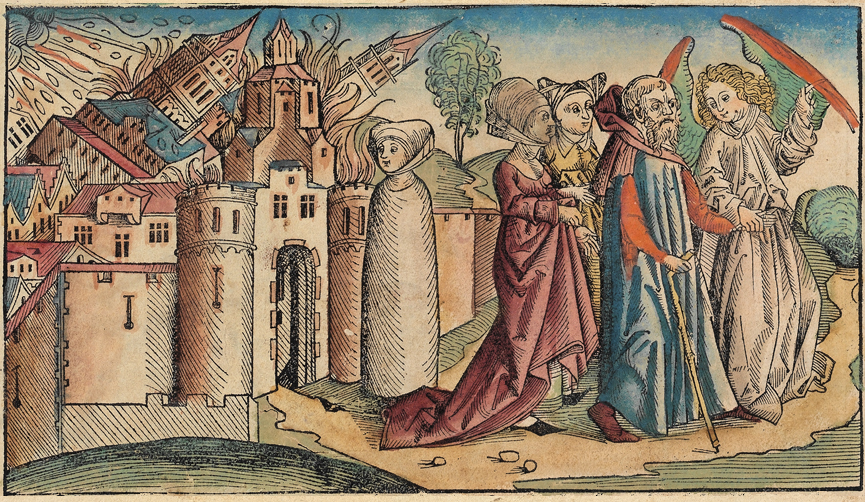
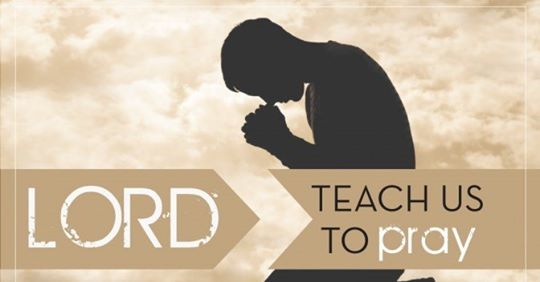
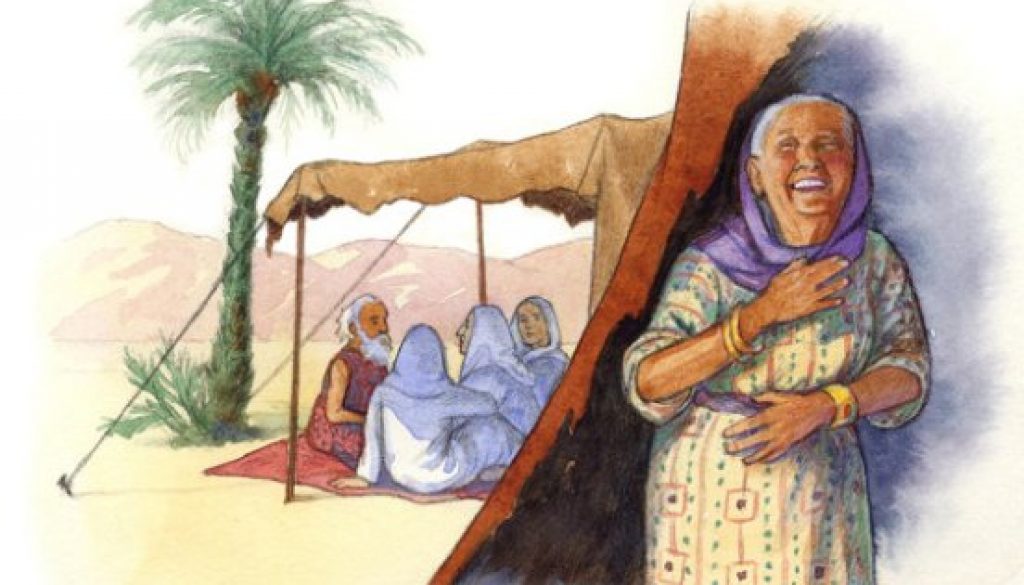
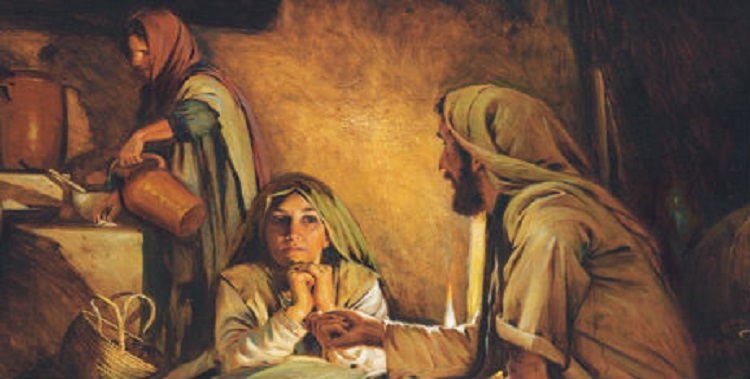

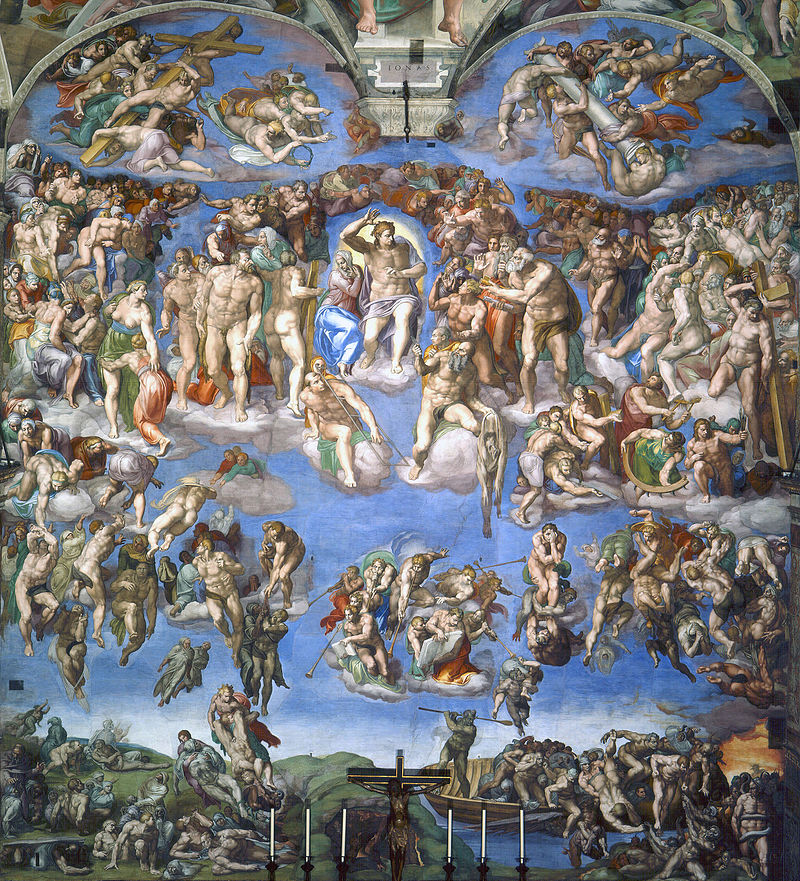
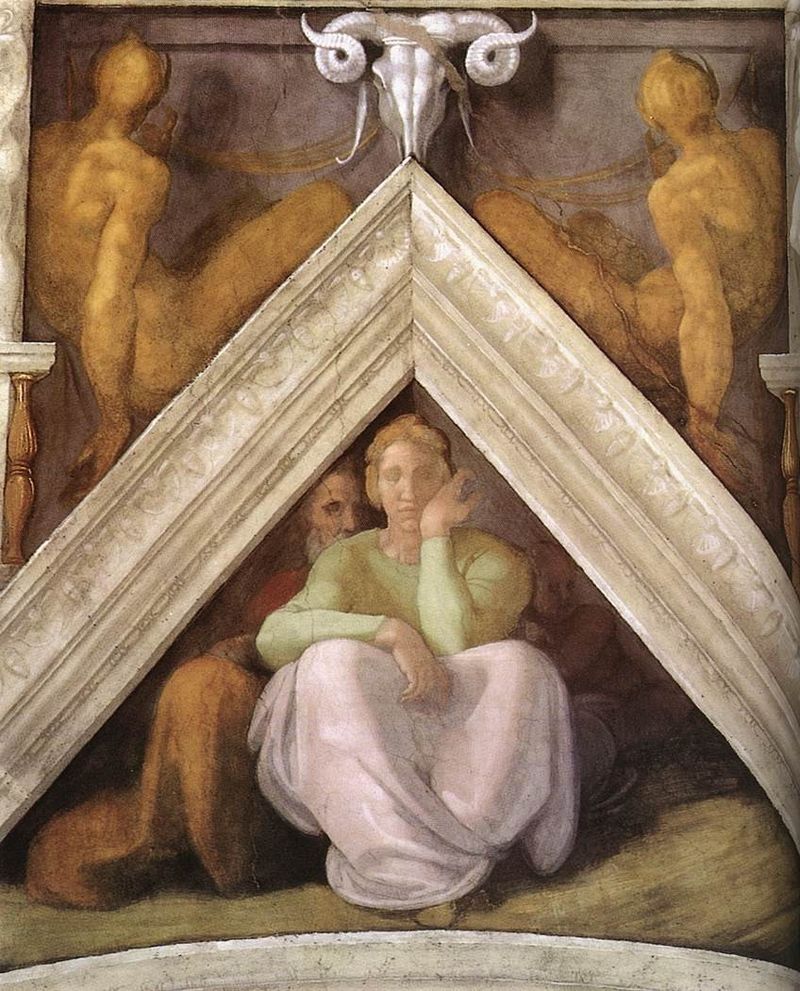
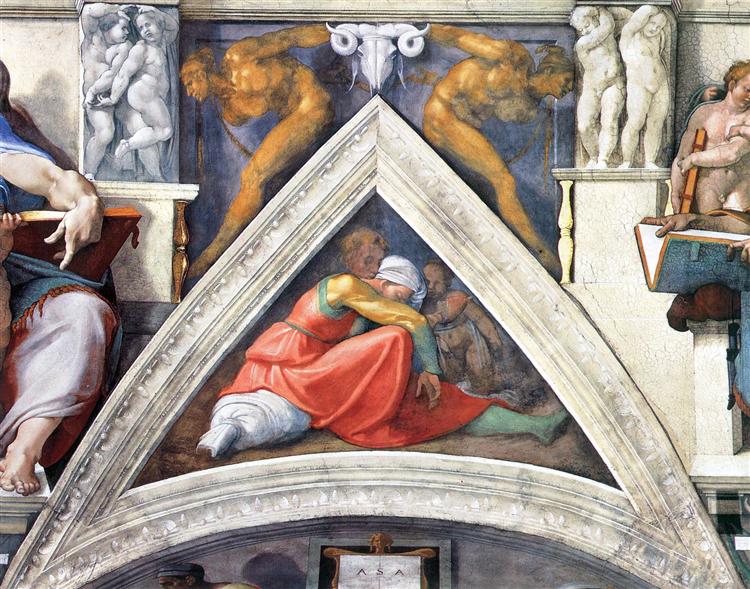
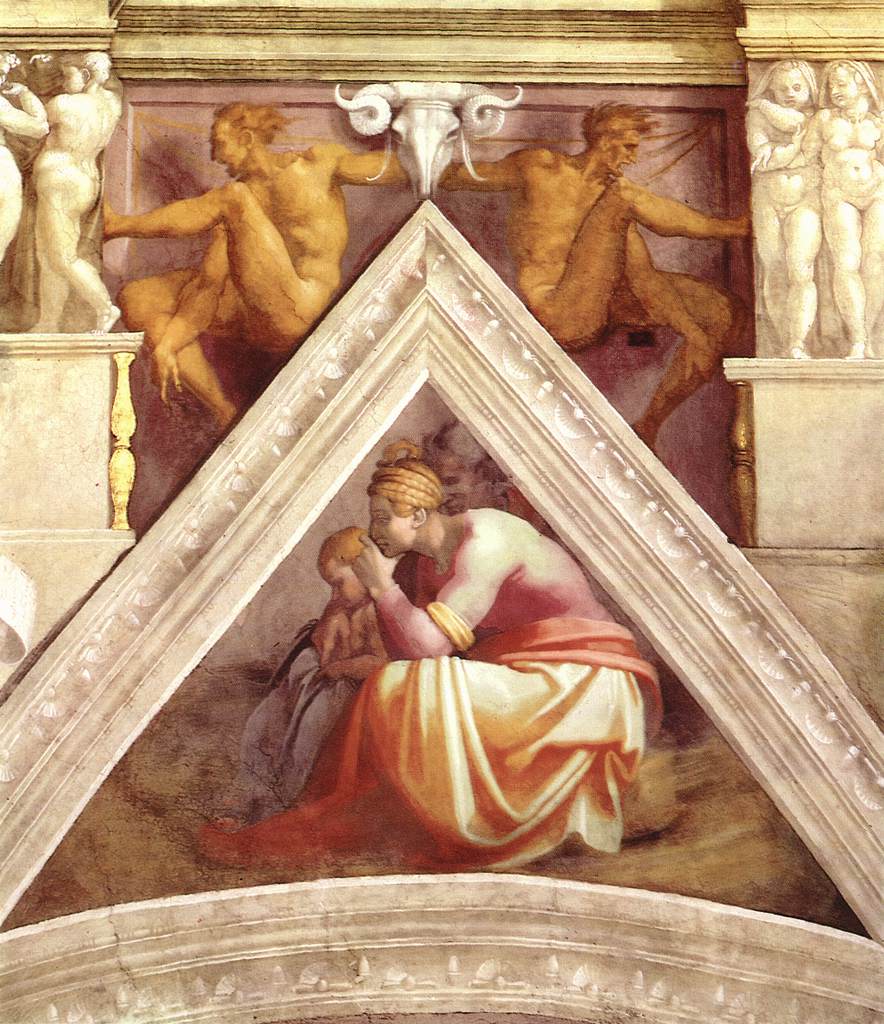
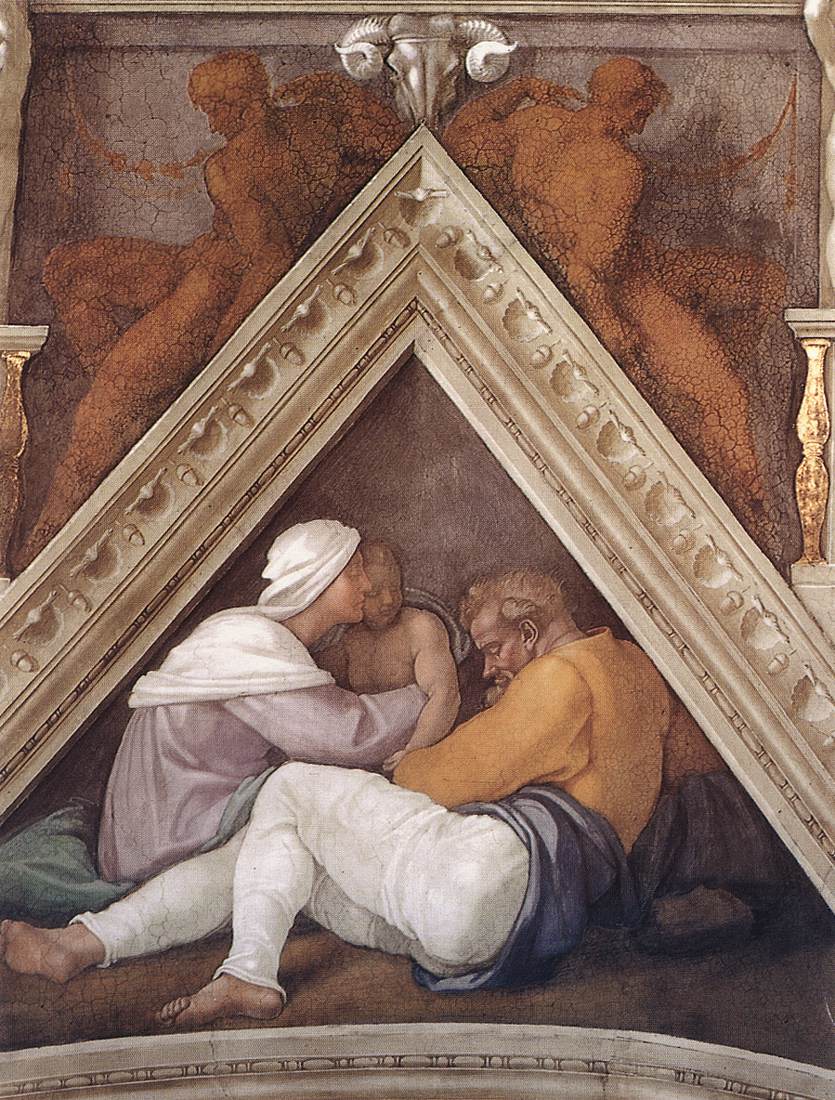
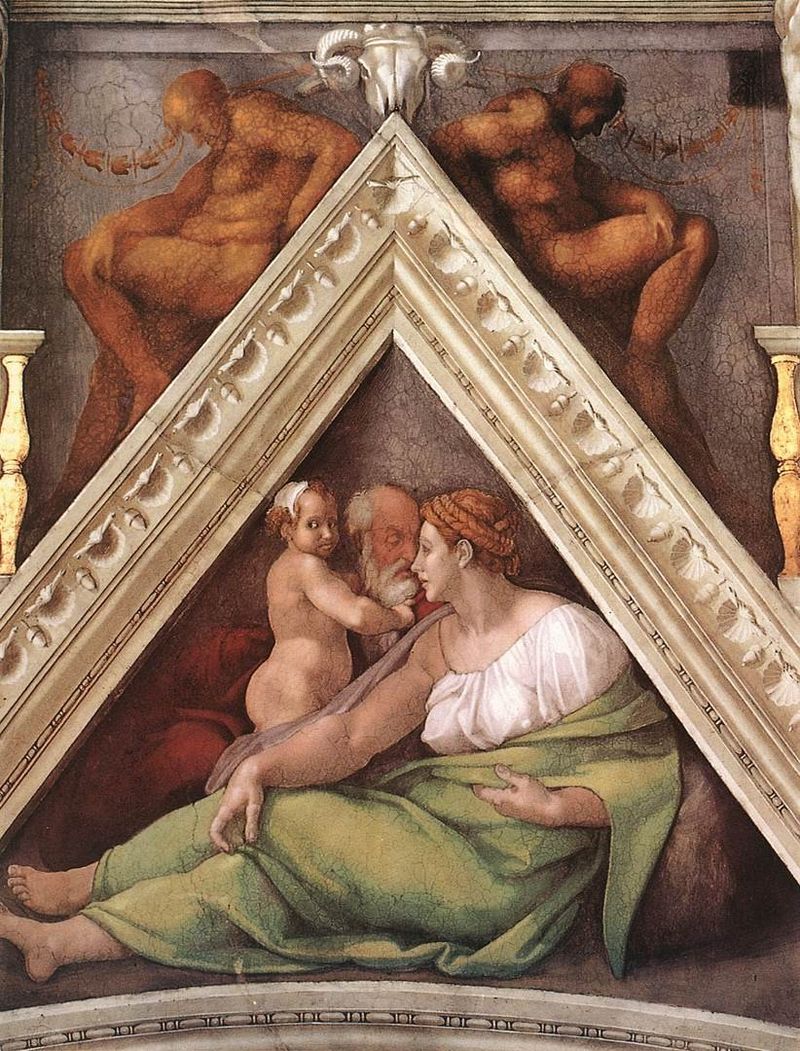
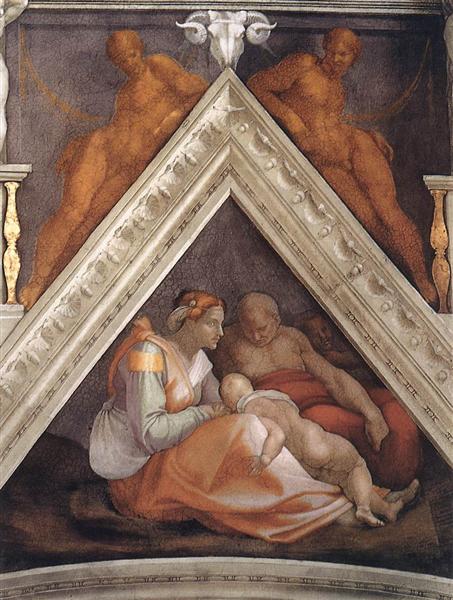
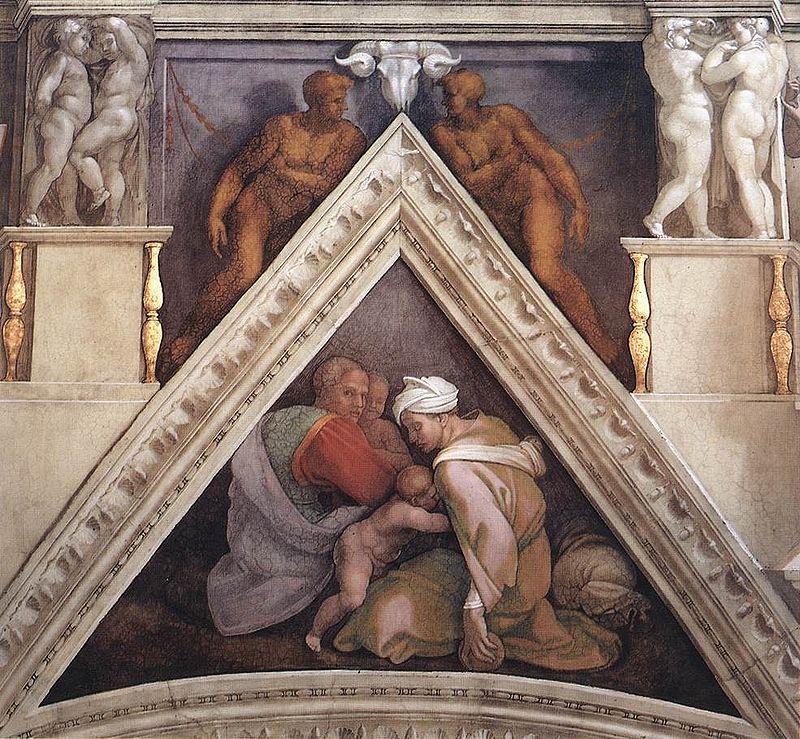
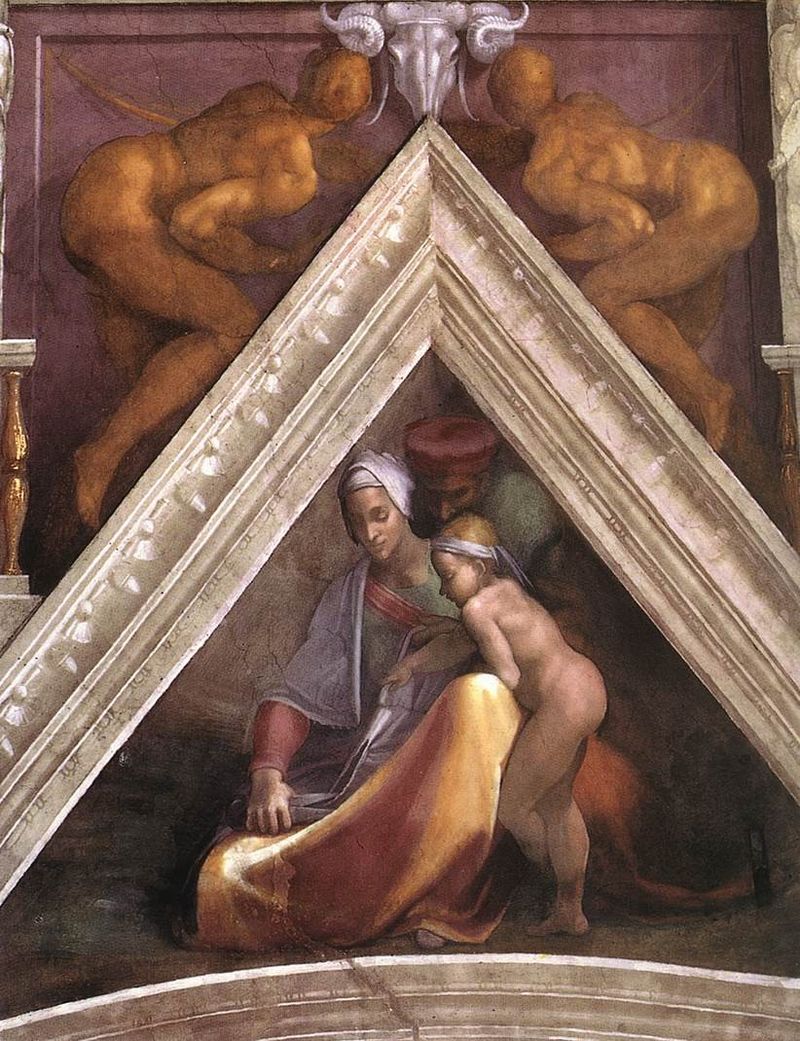
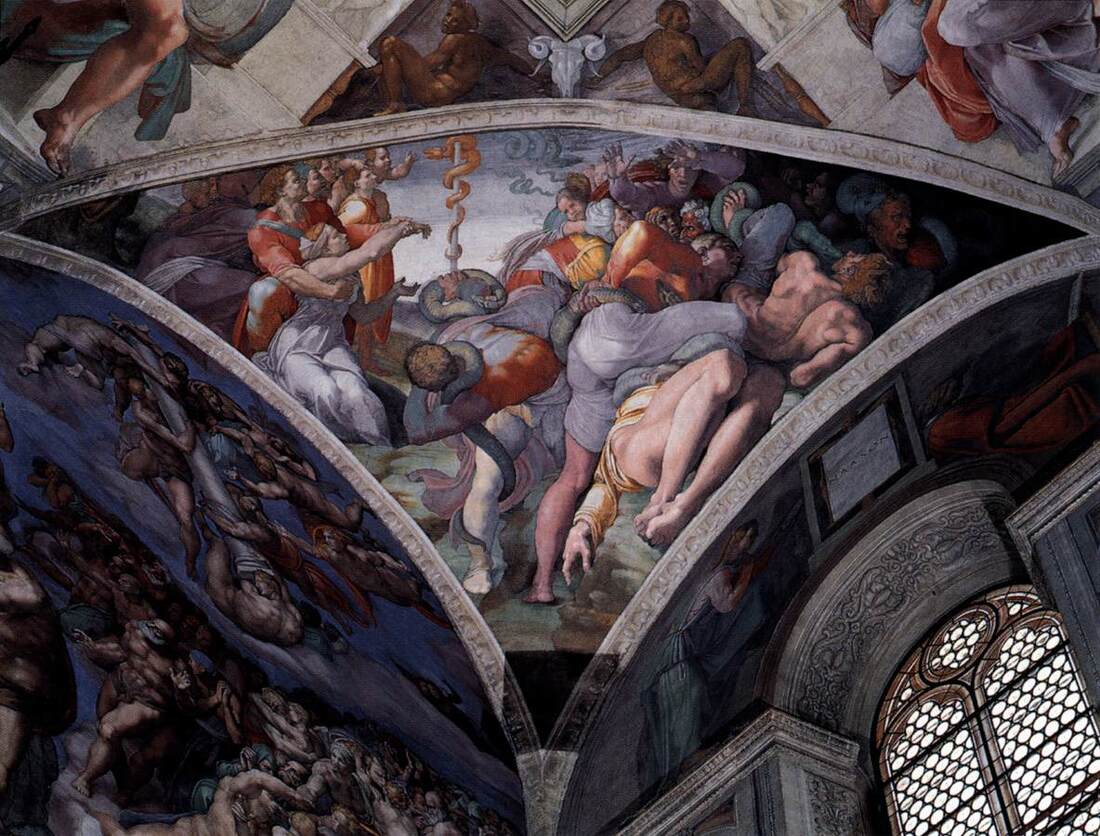
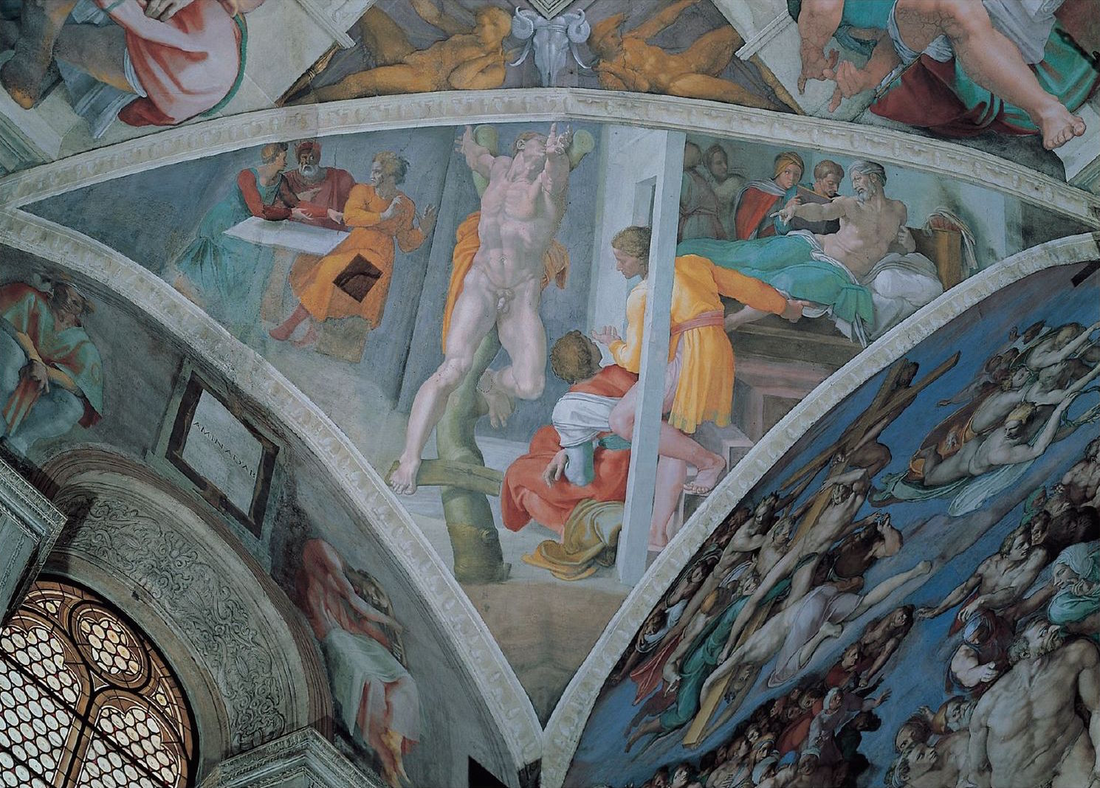
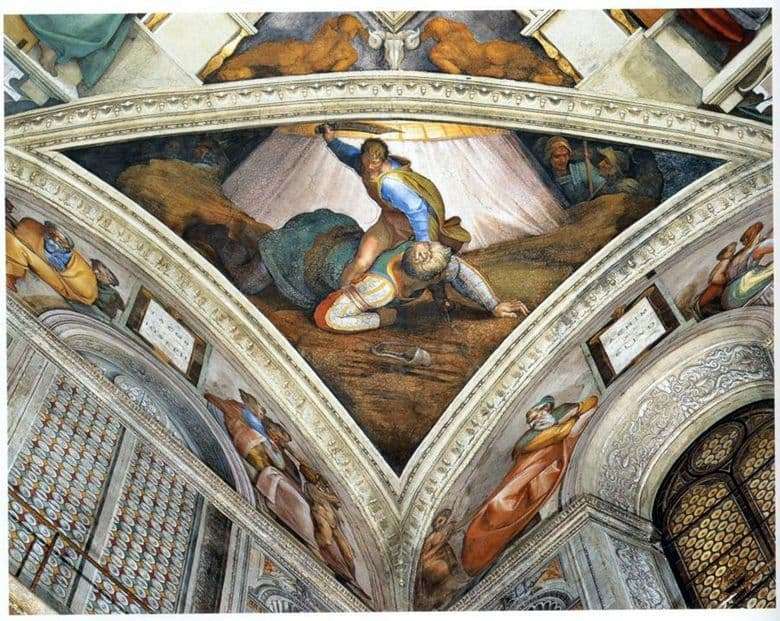
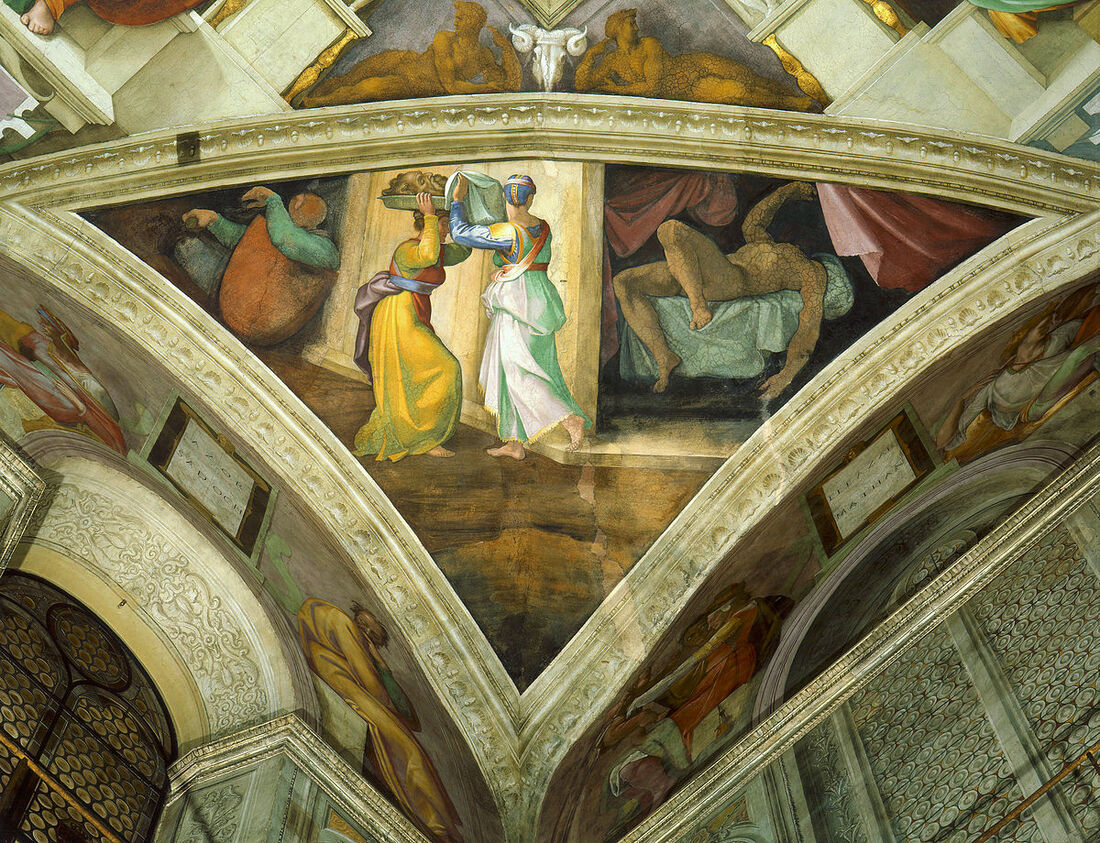
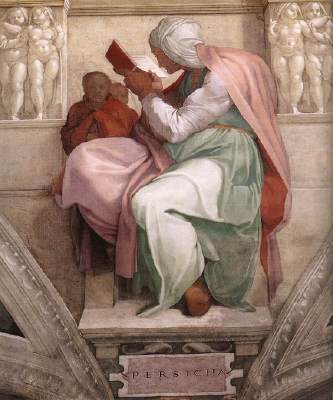
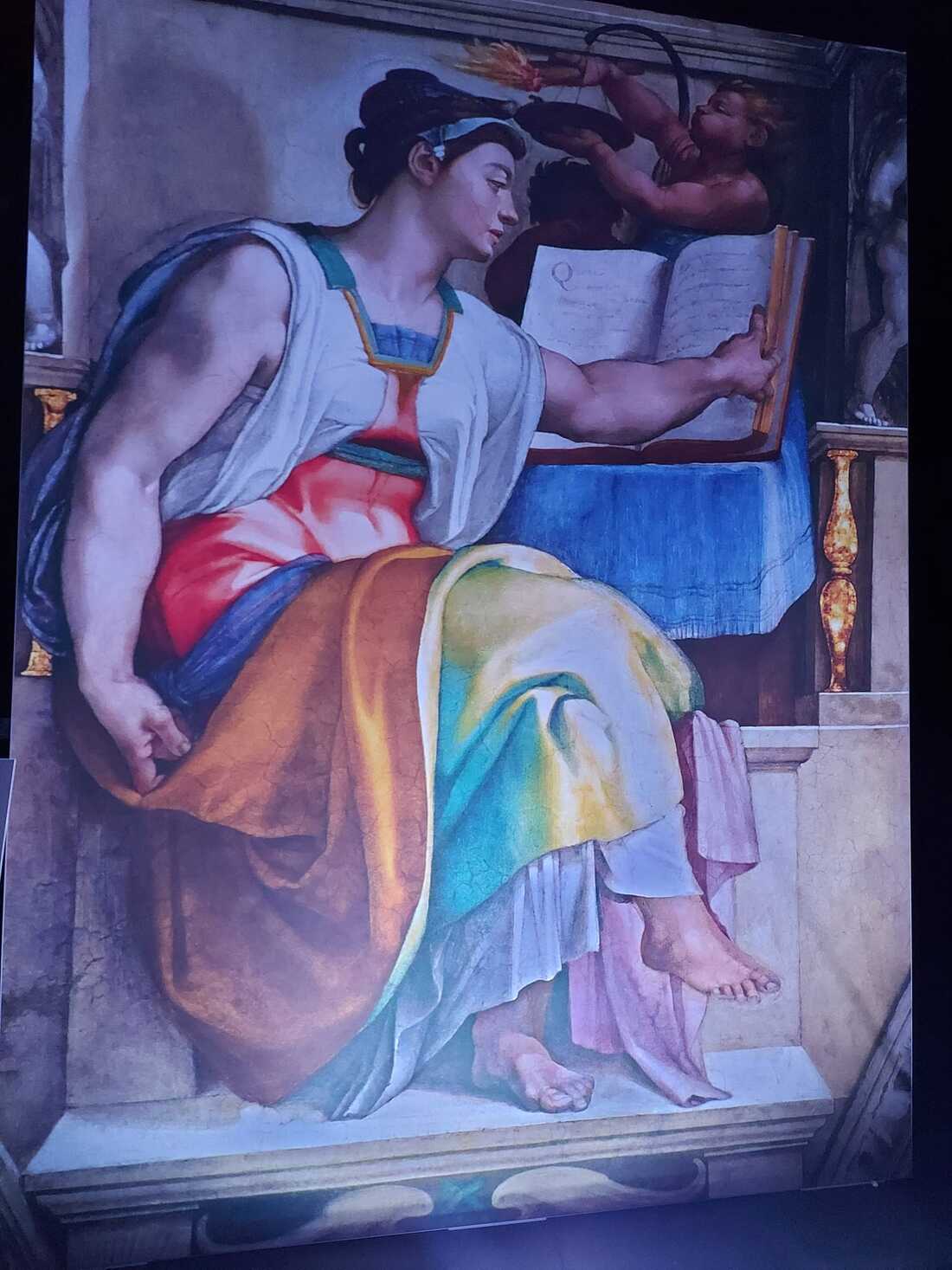
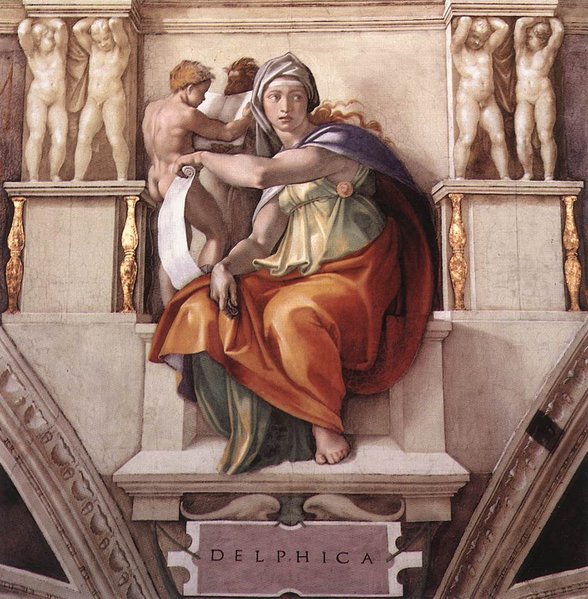
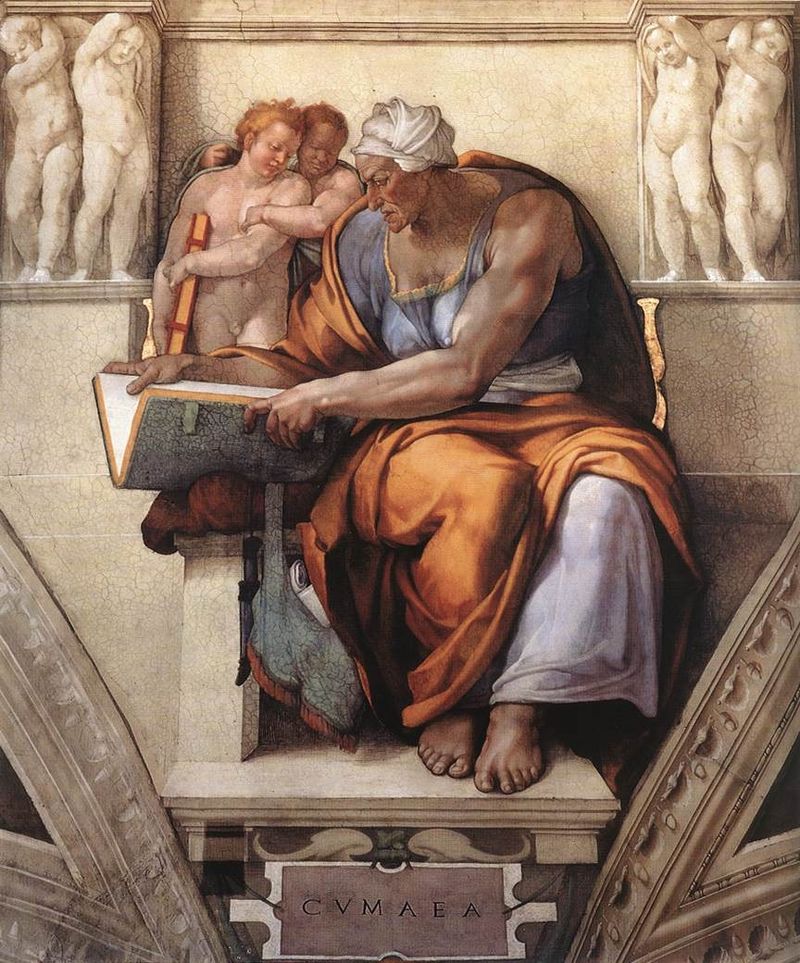
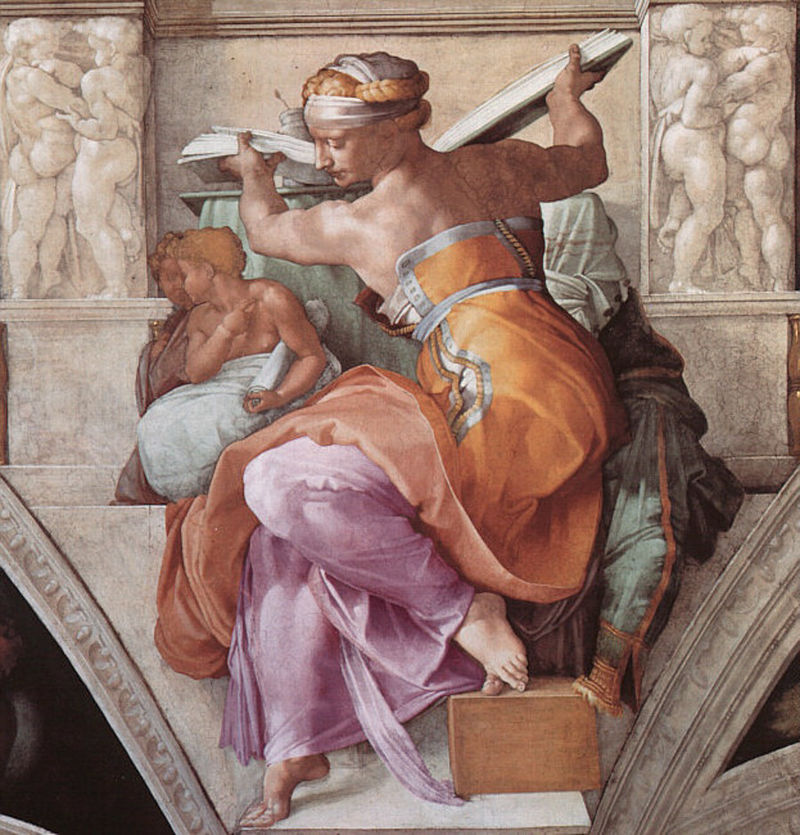
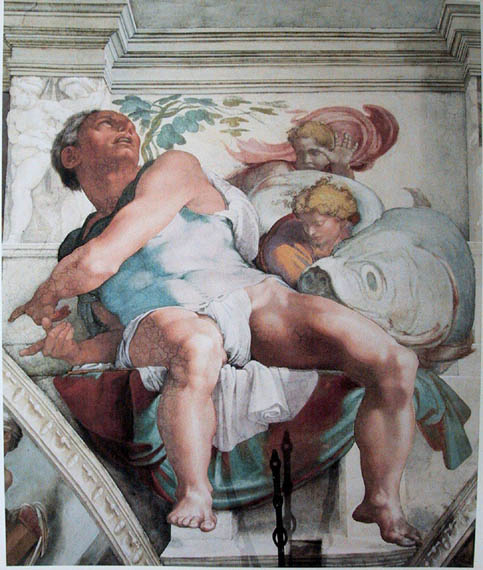
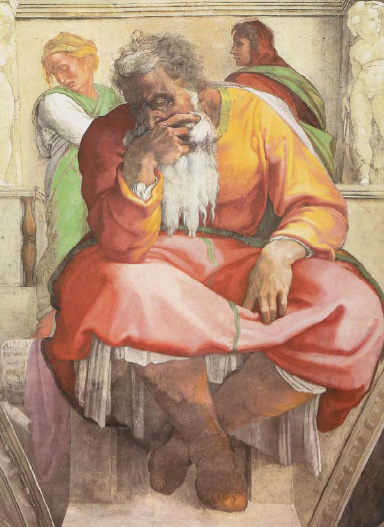
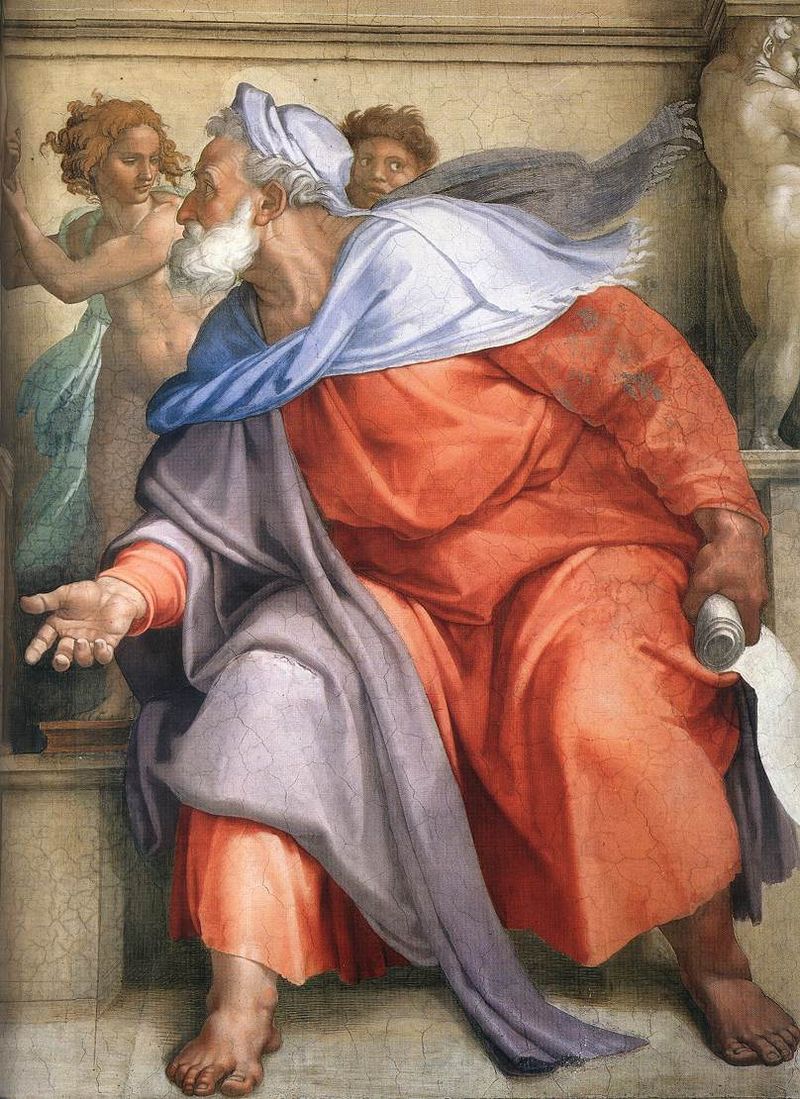
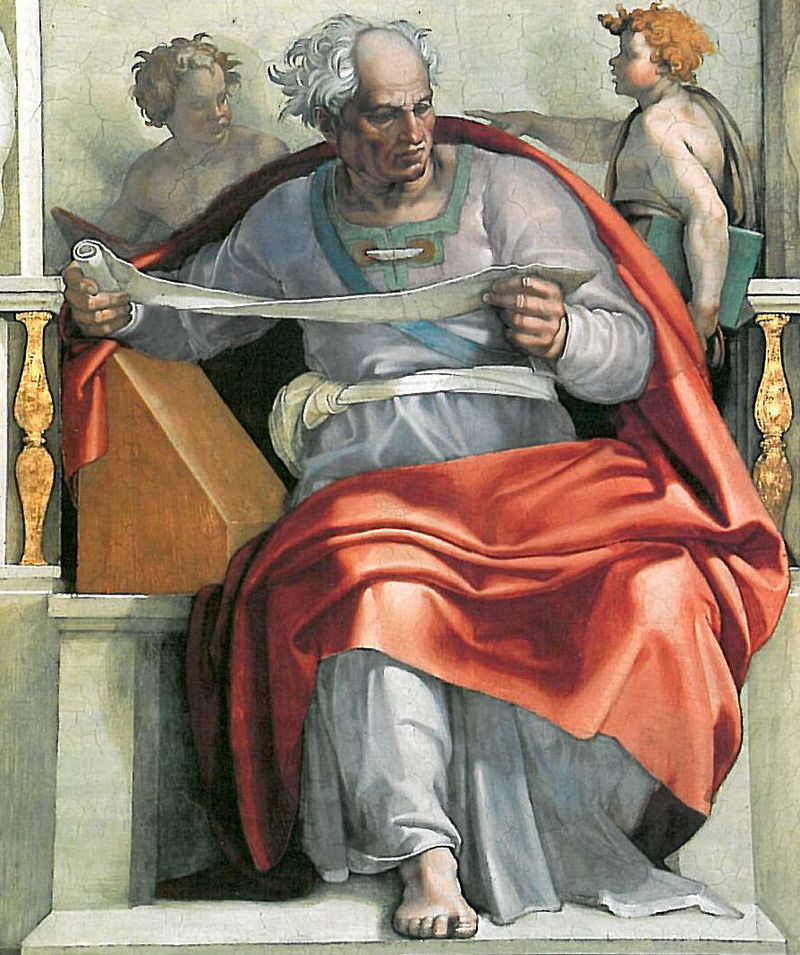
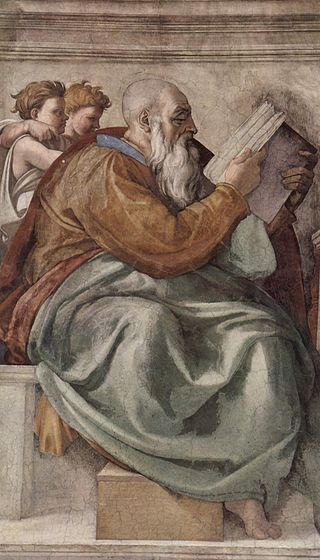
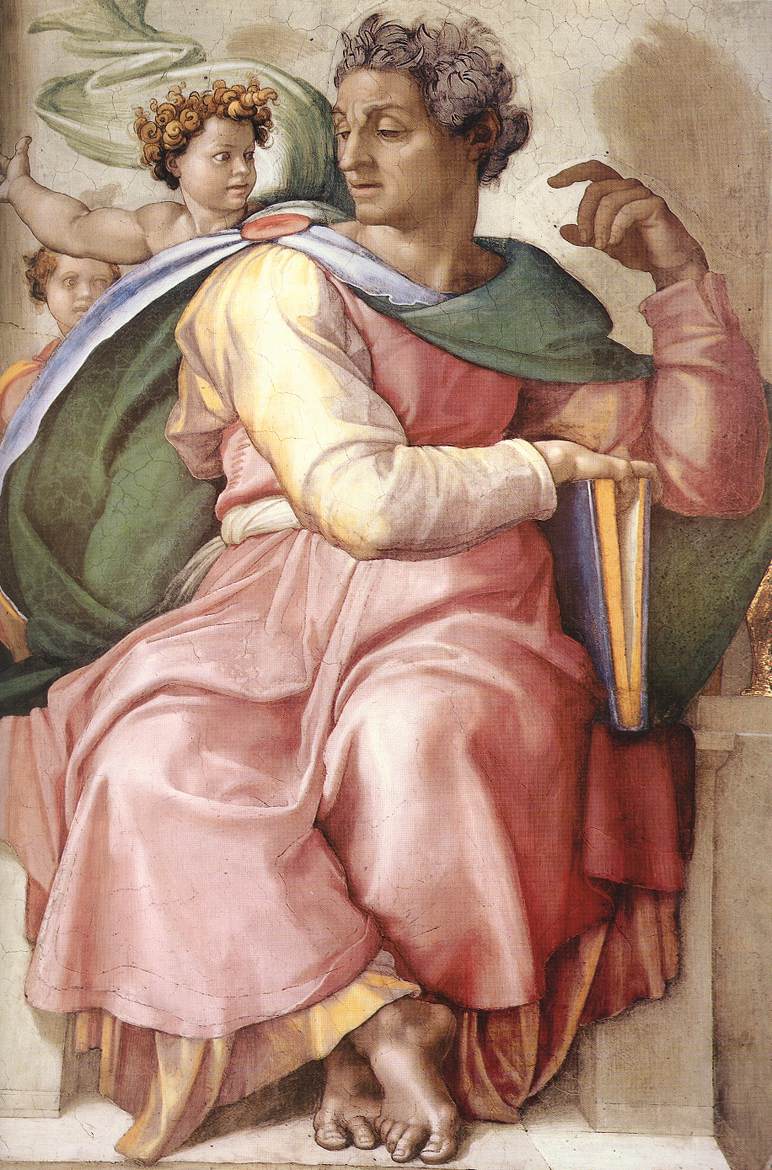
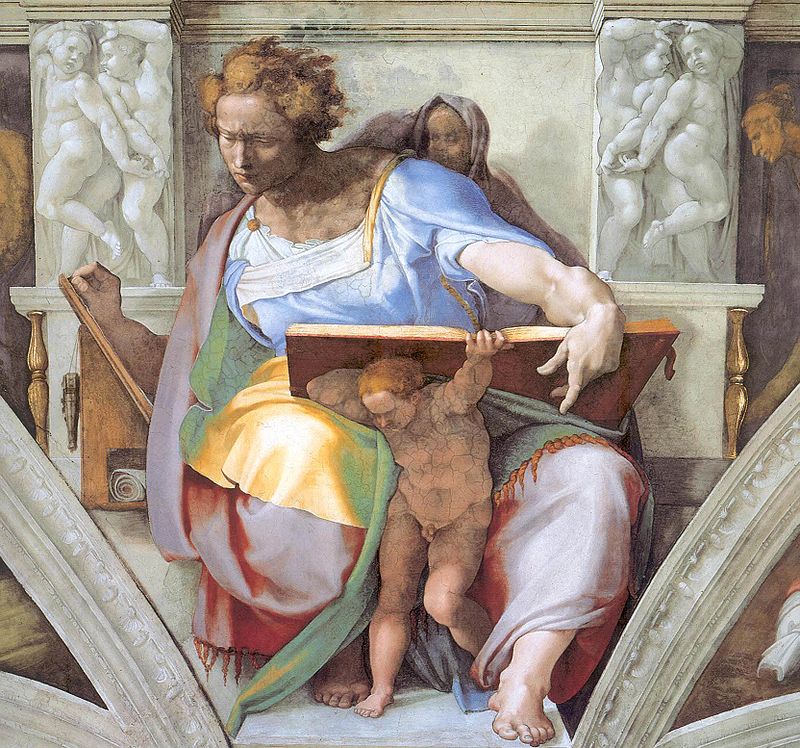
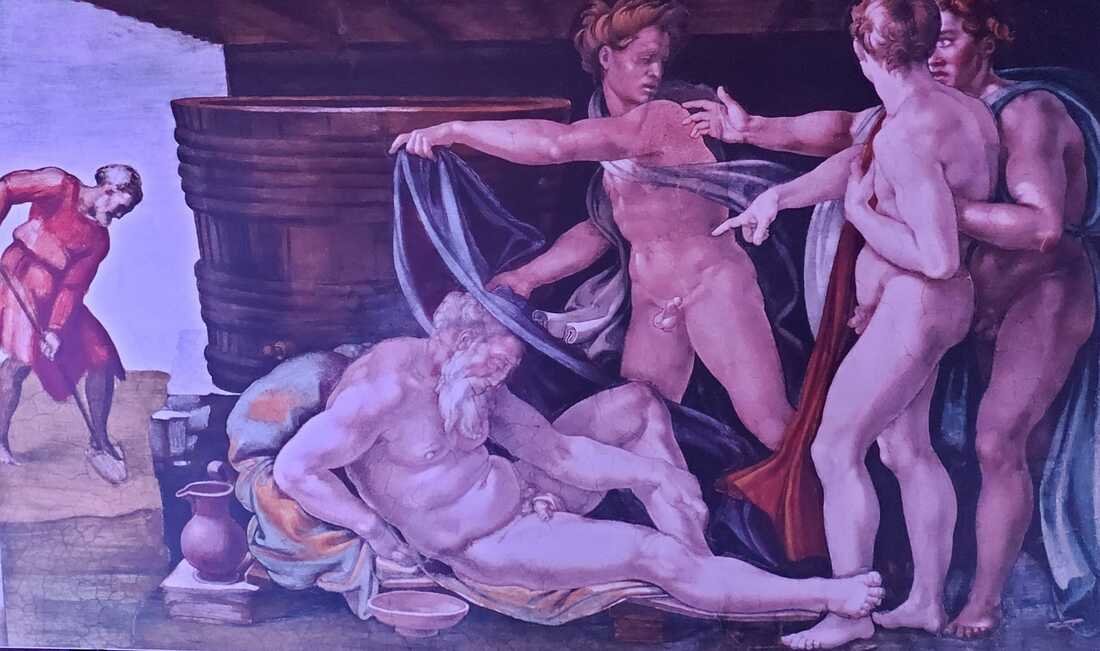
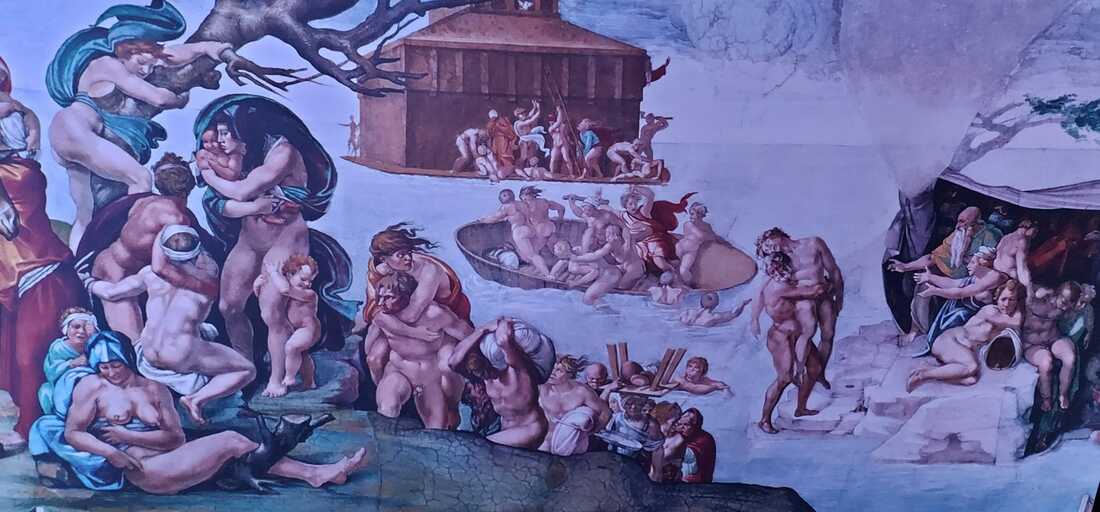
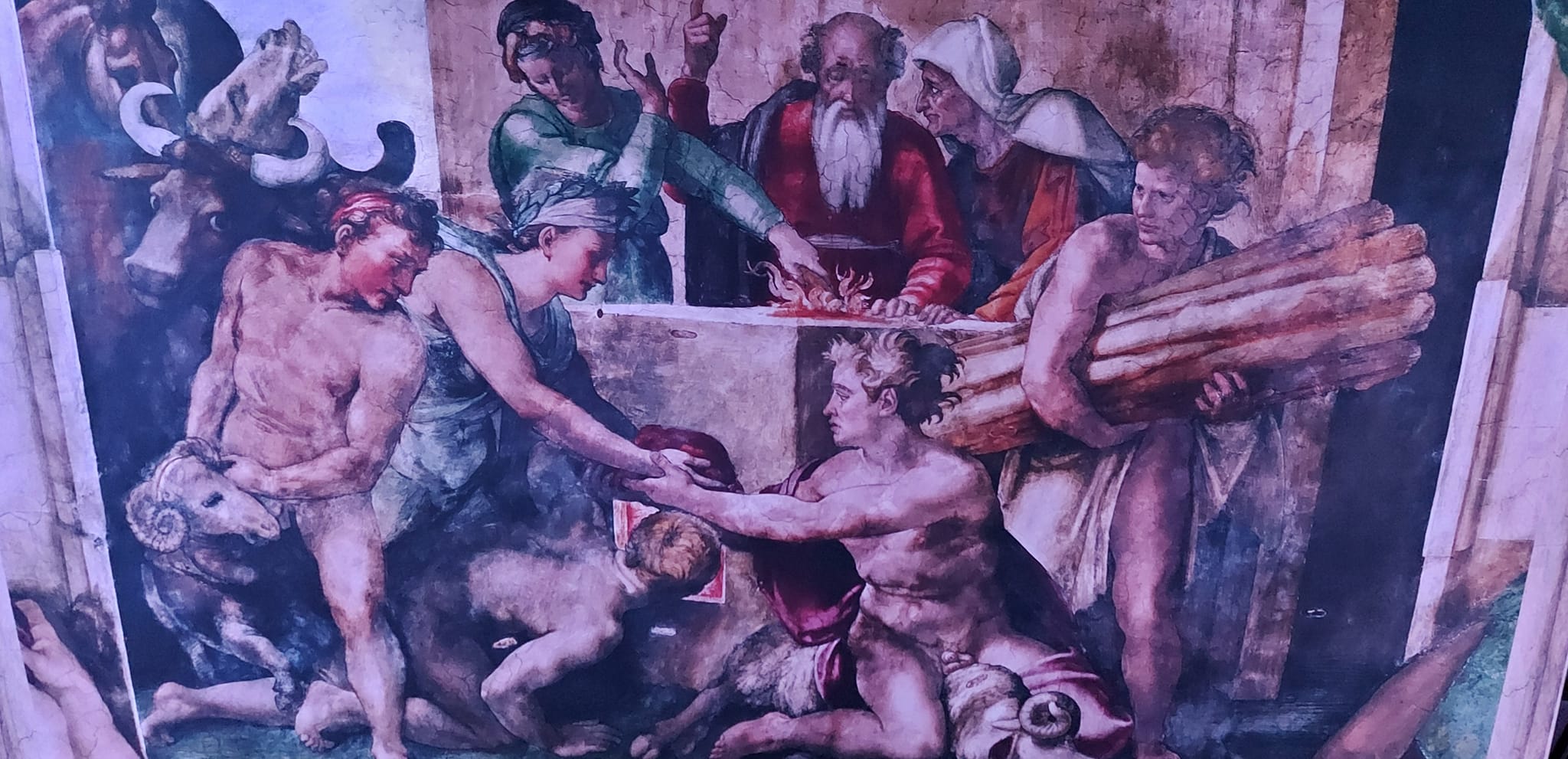
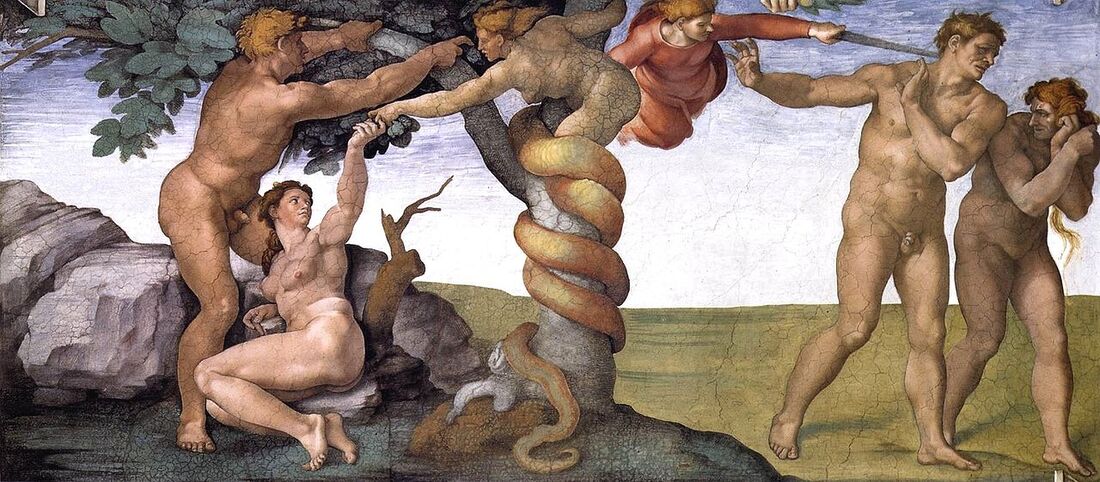
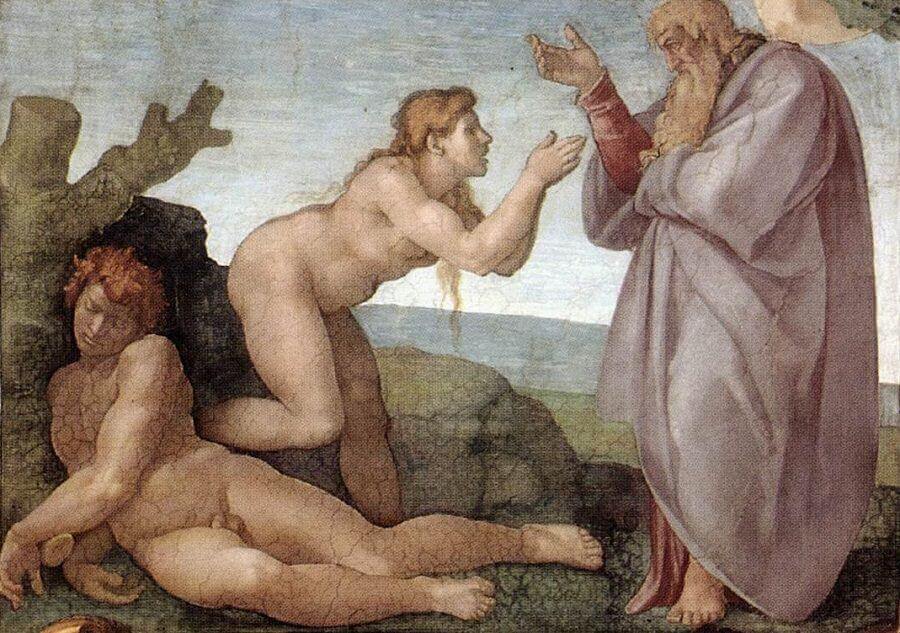
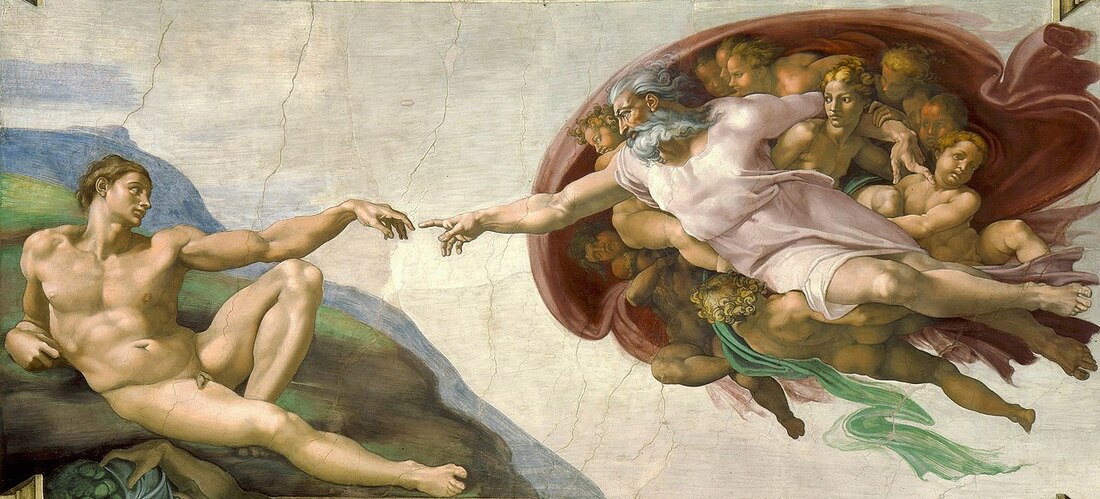
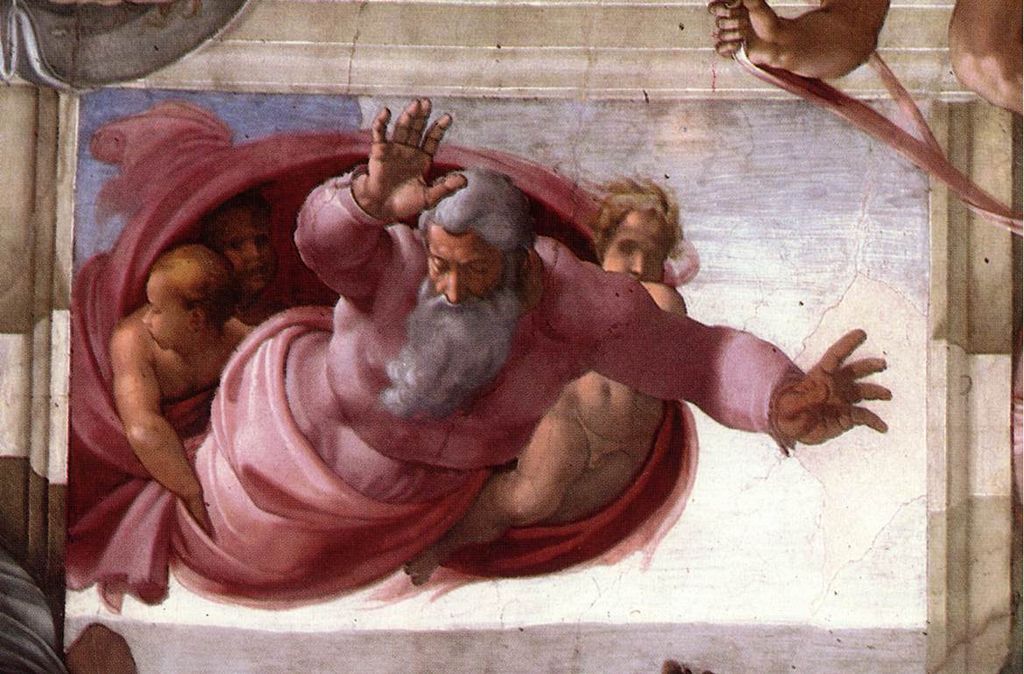
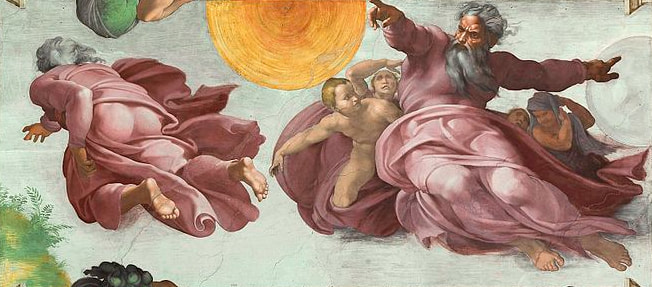
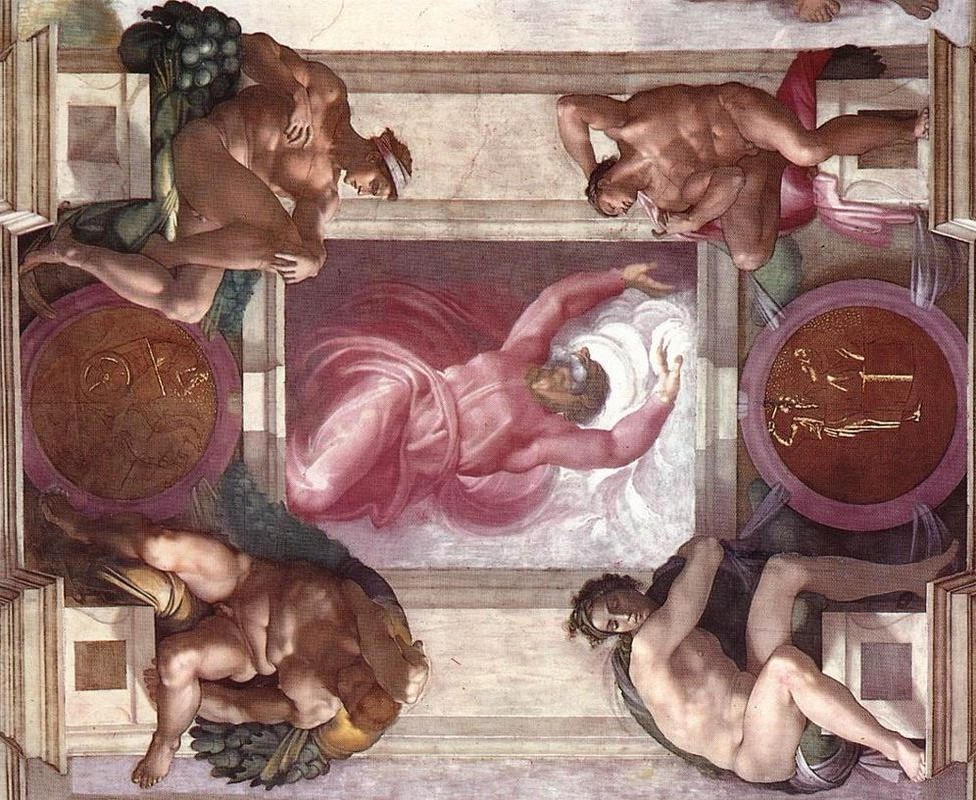

 RSS Feed
RSS Feed